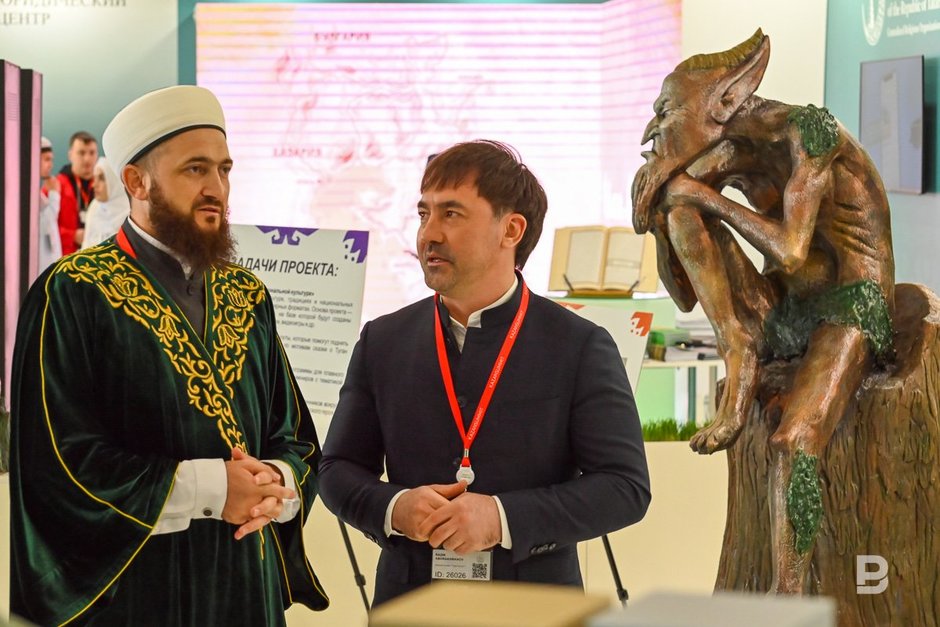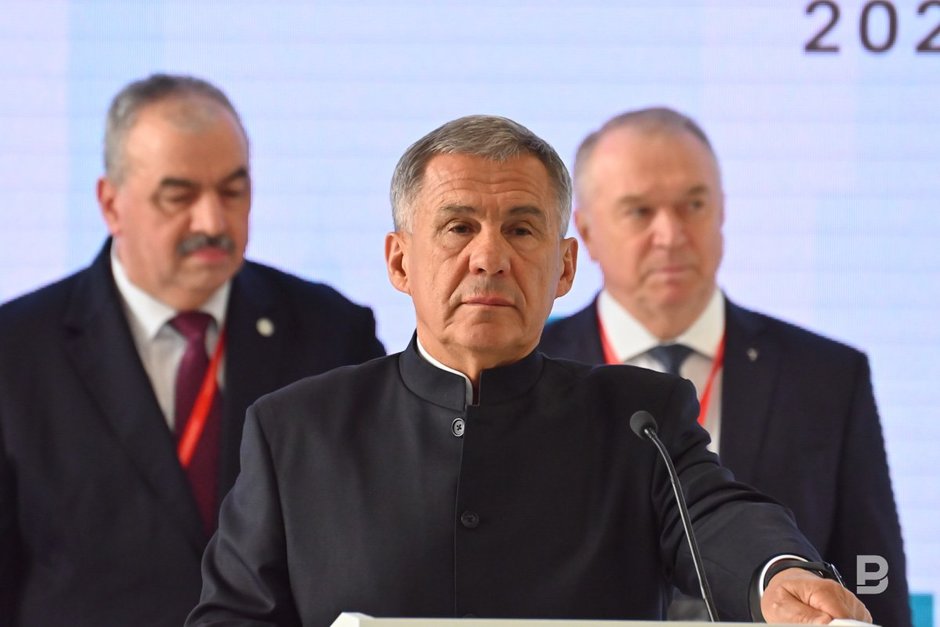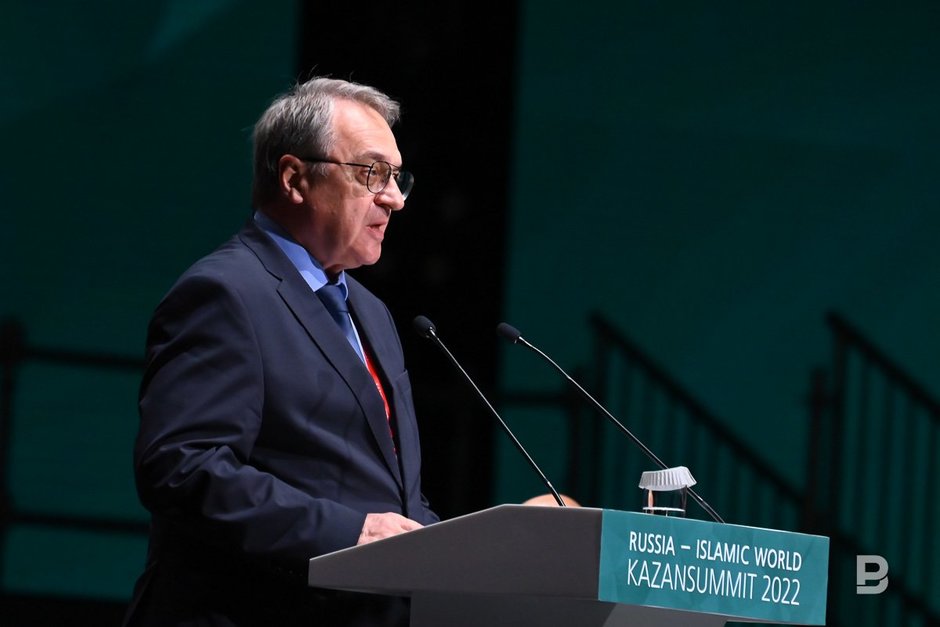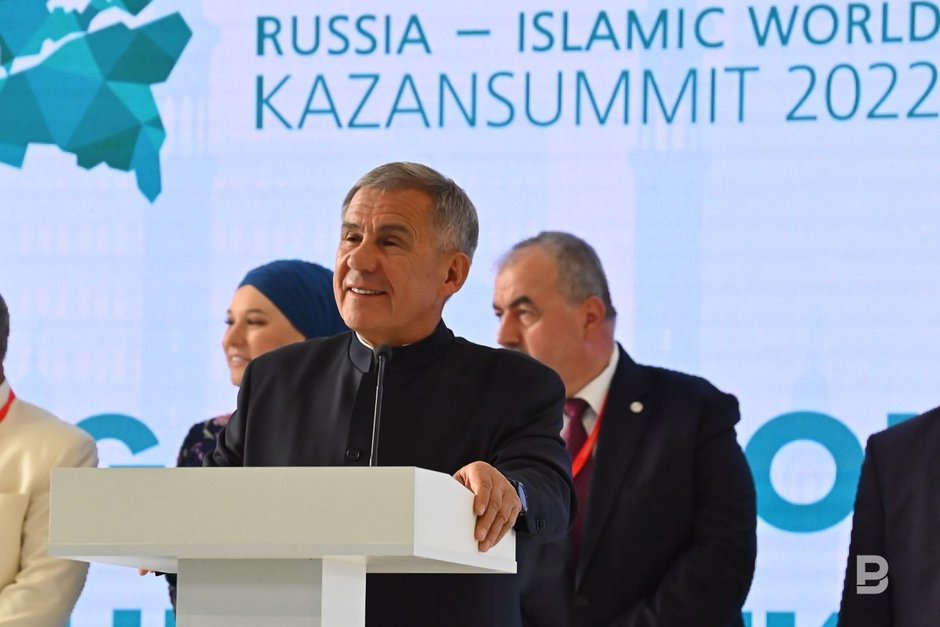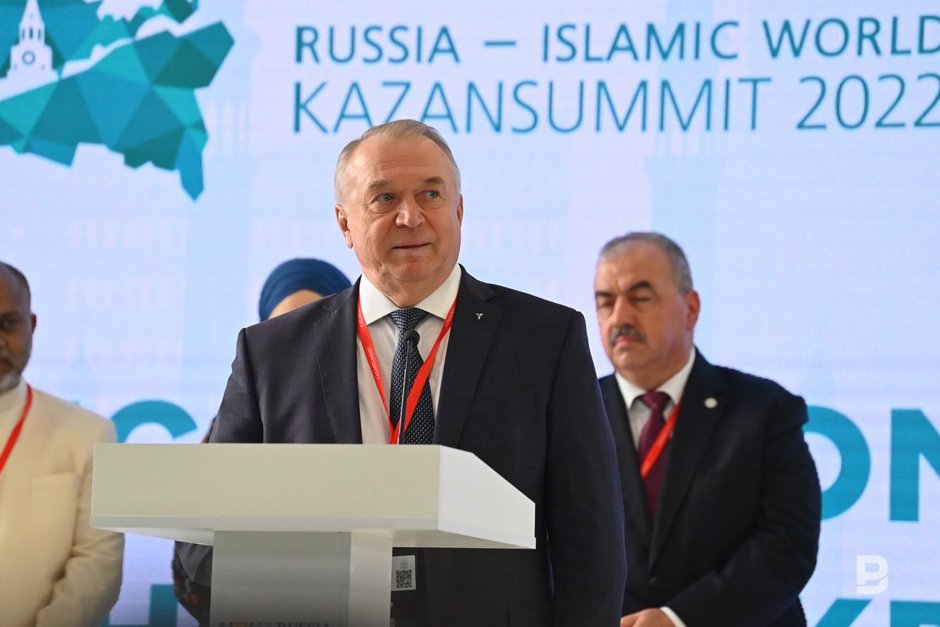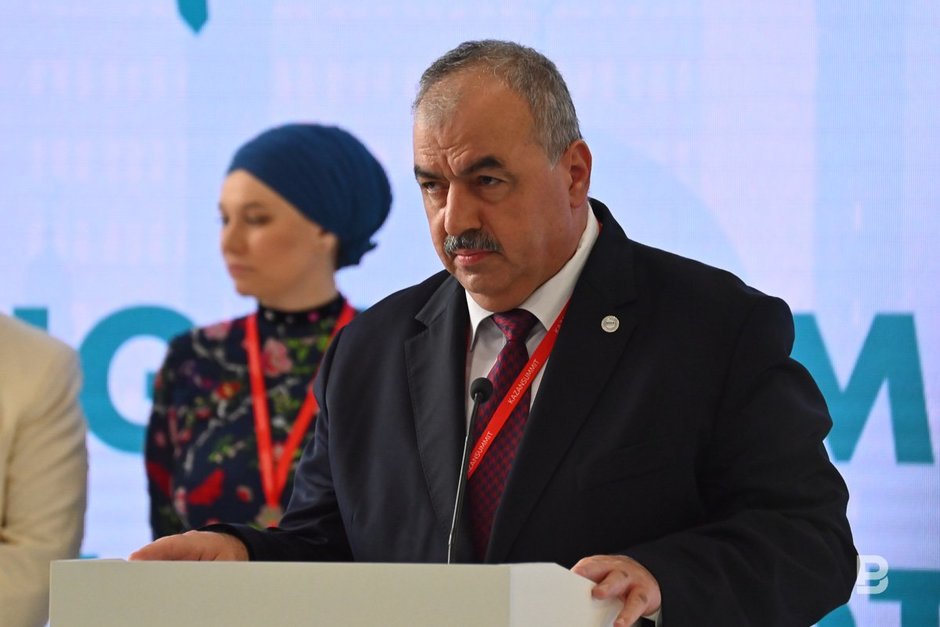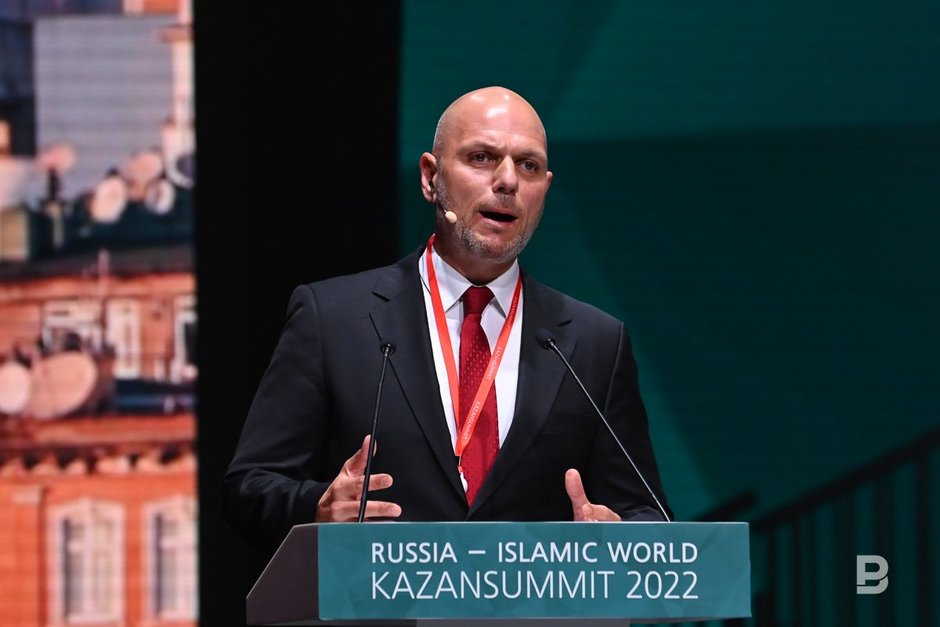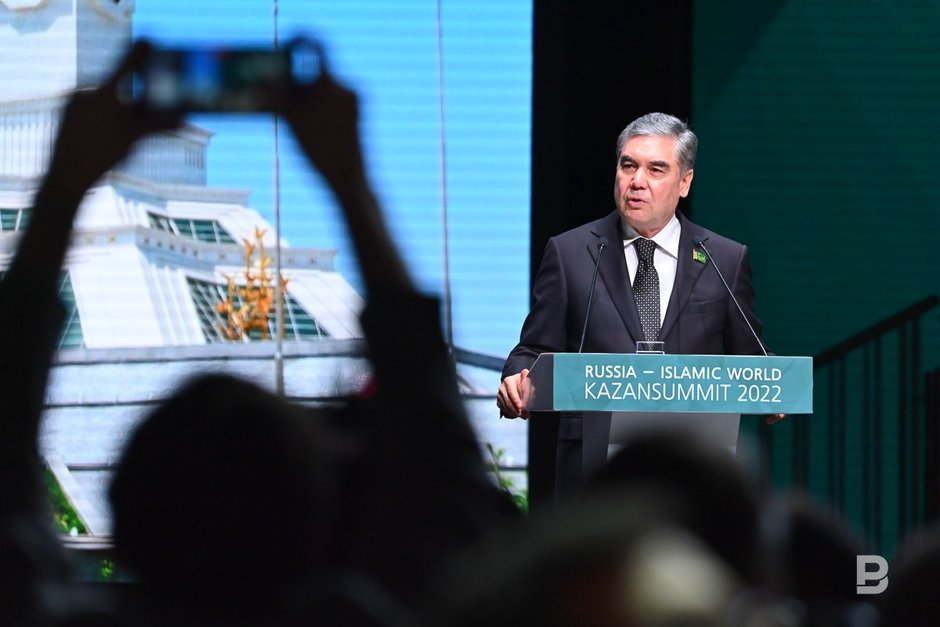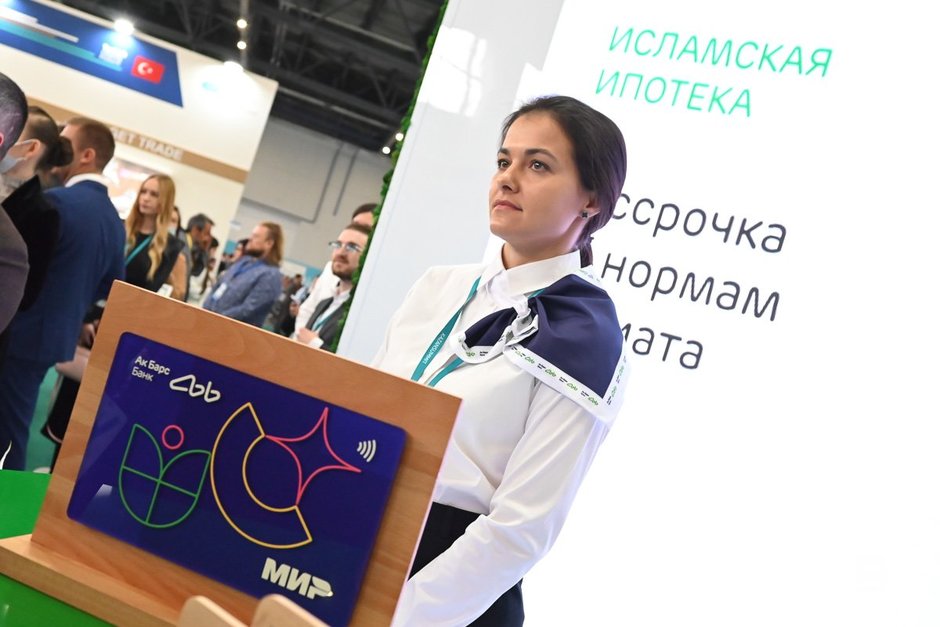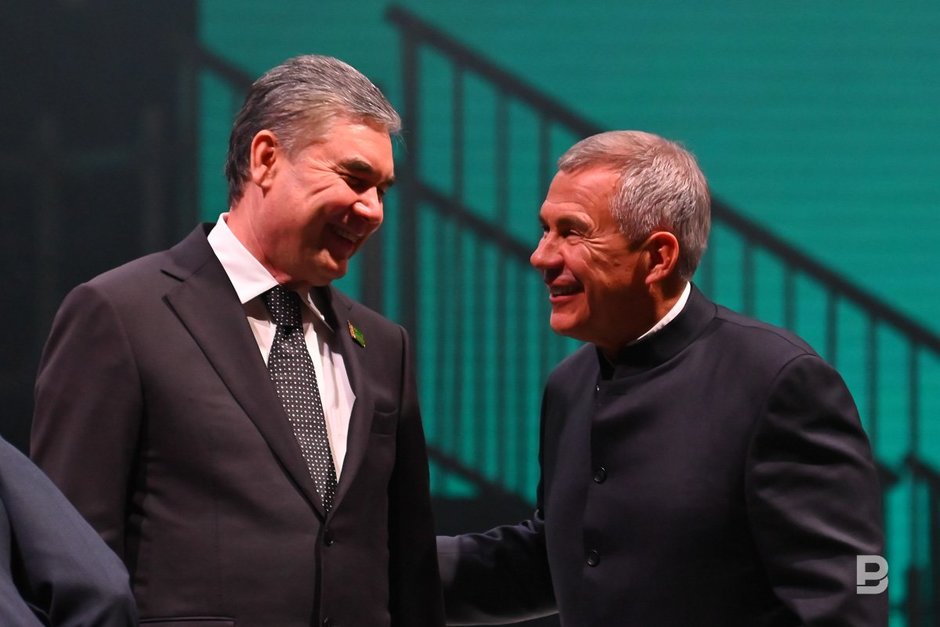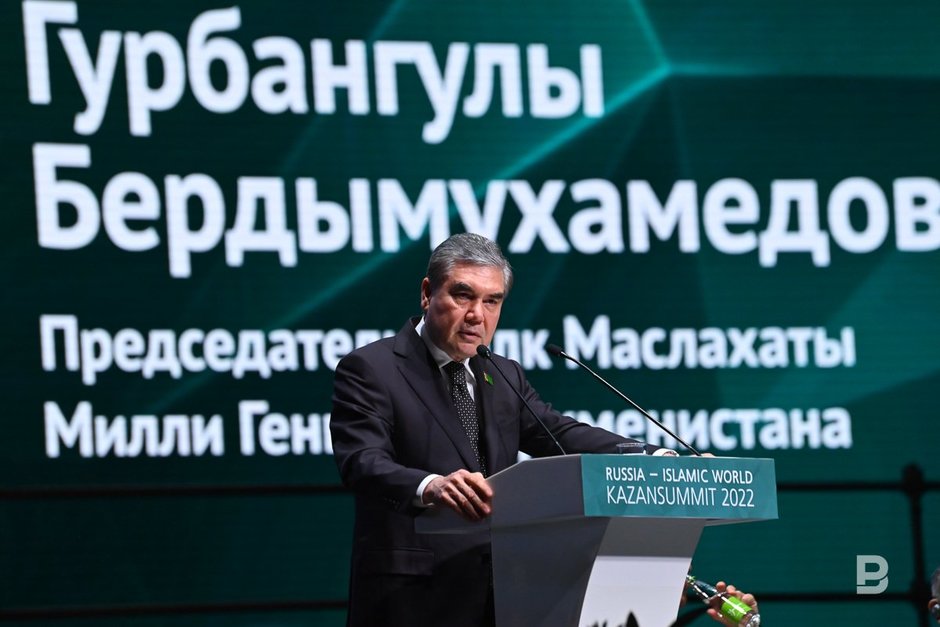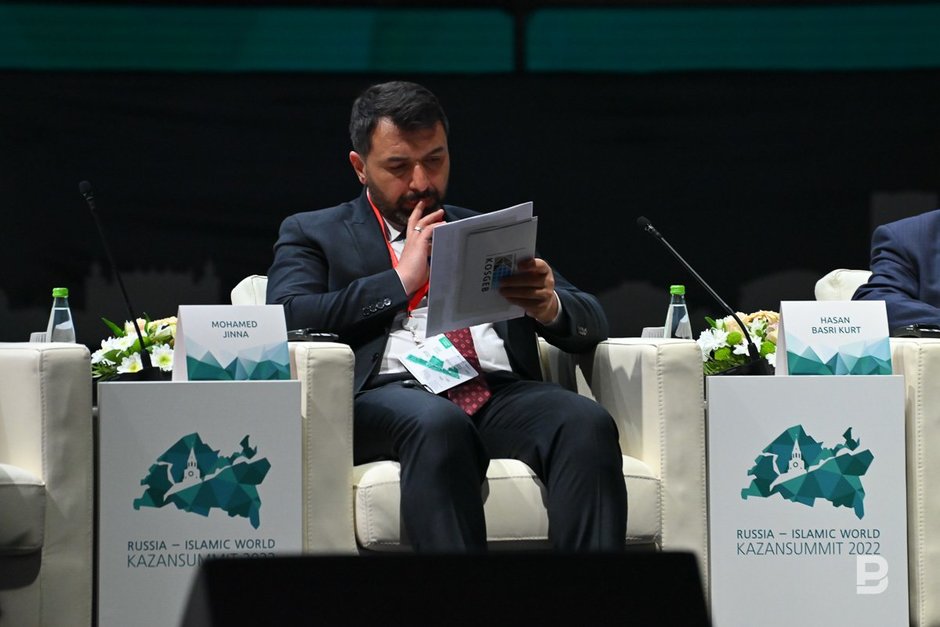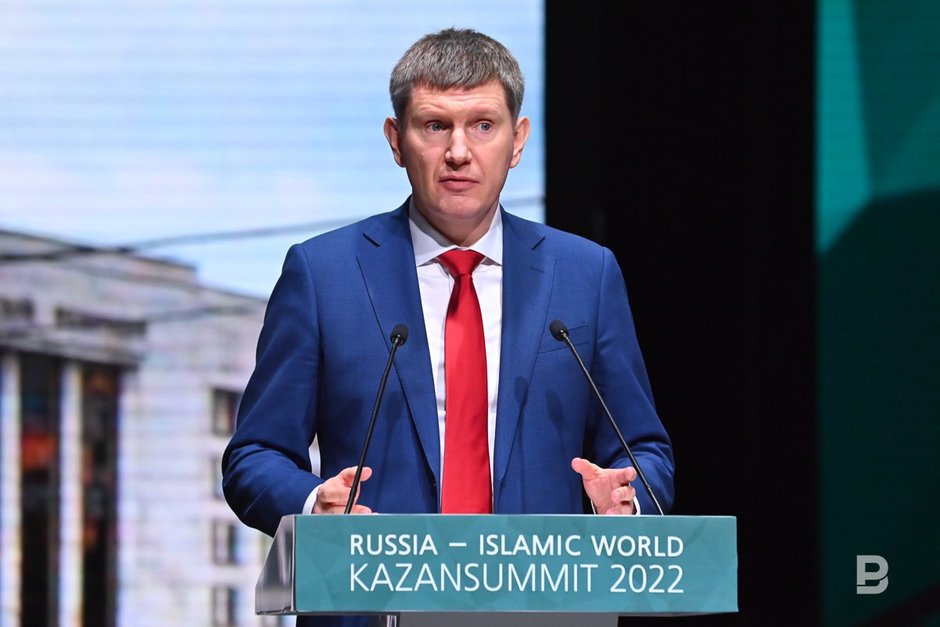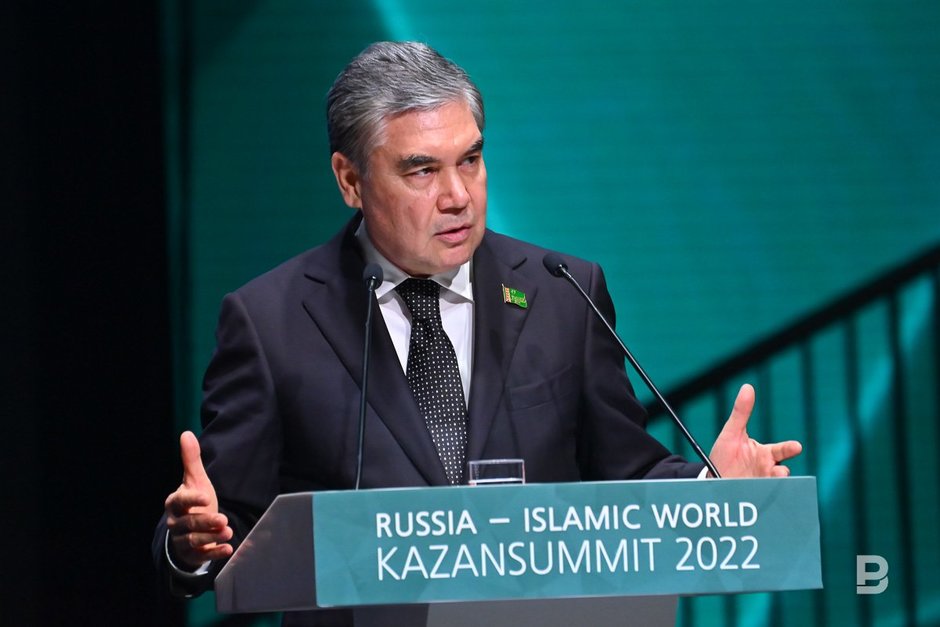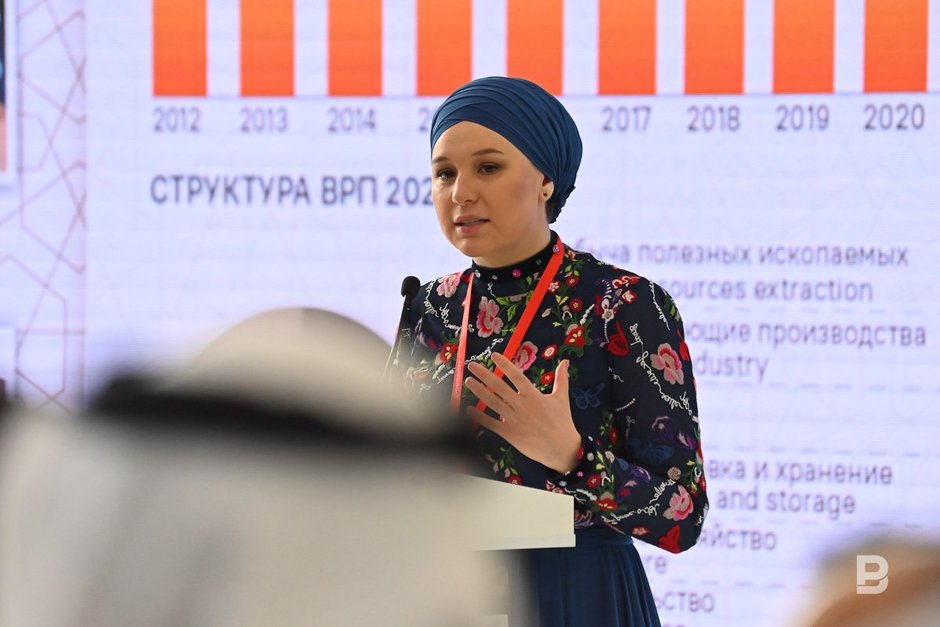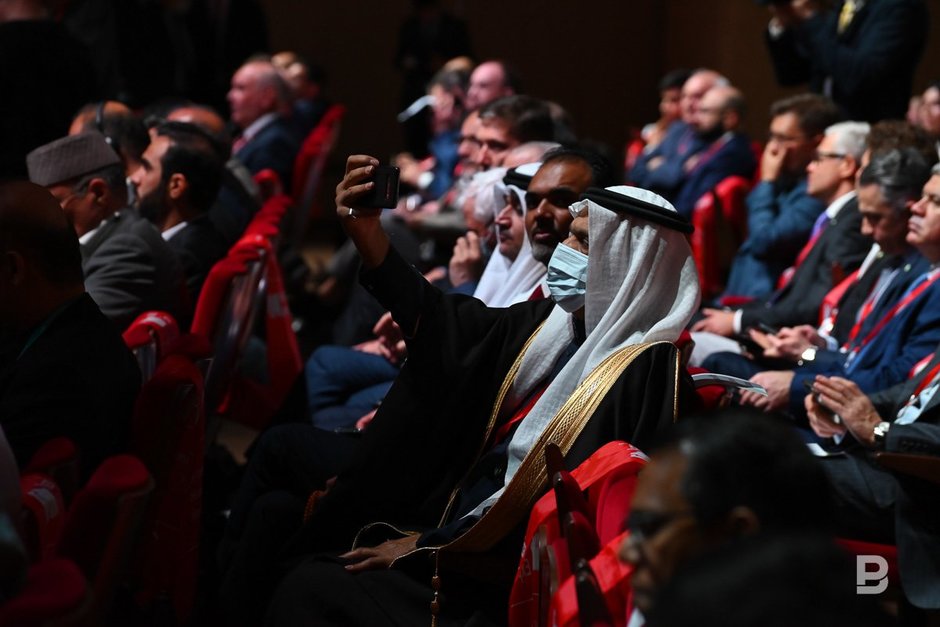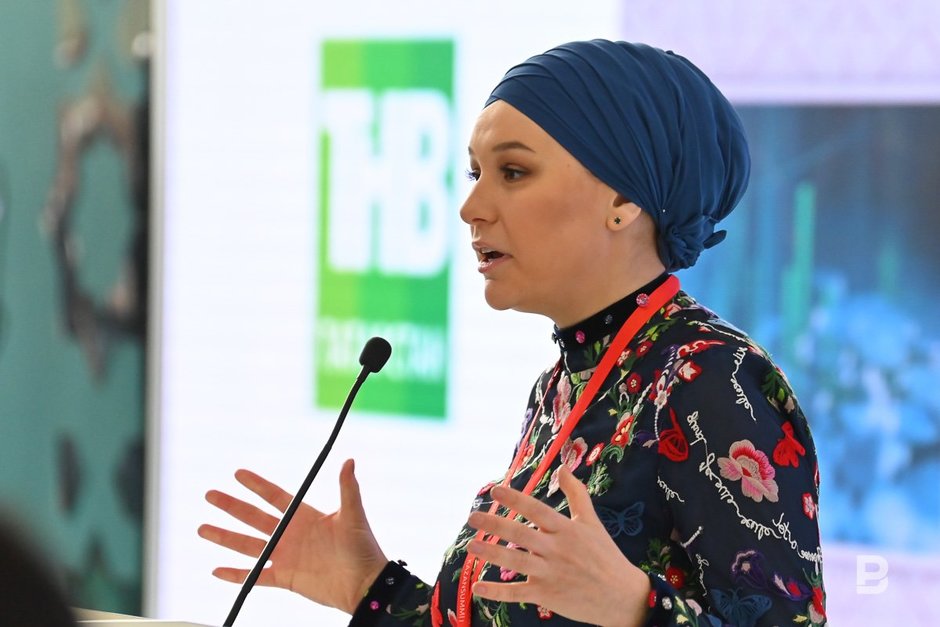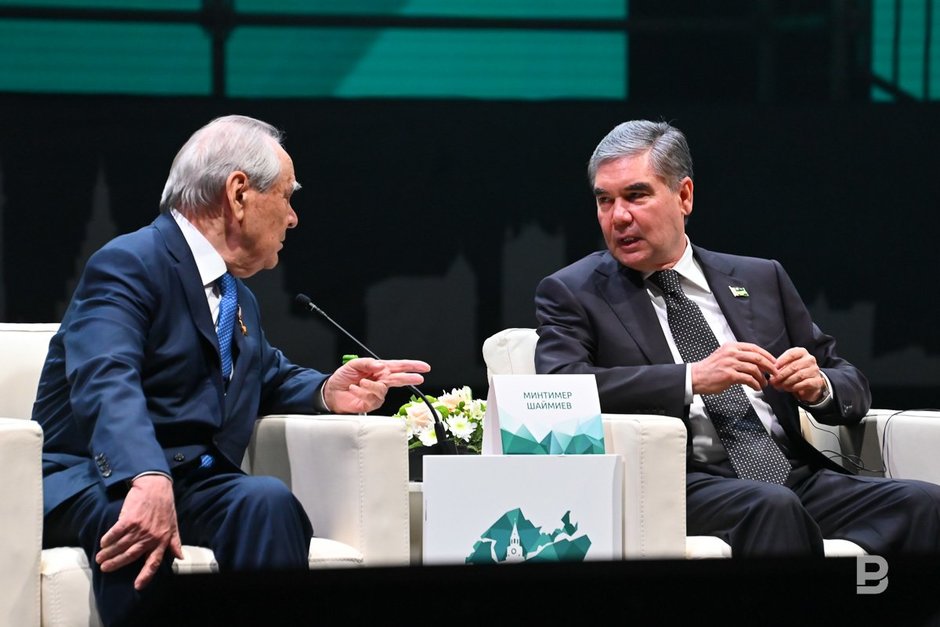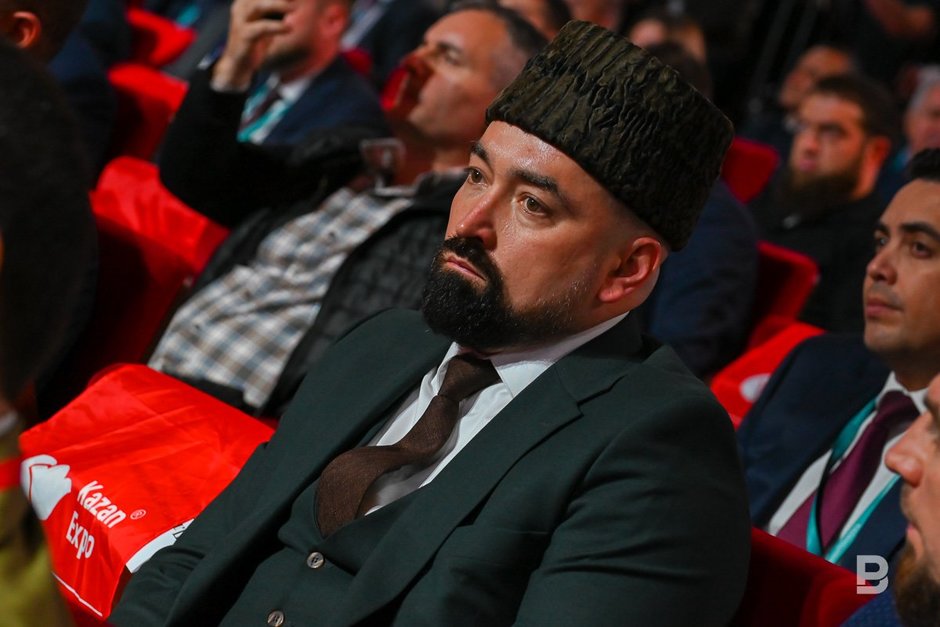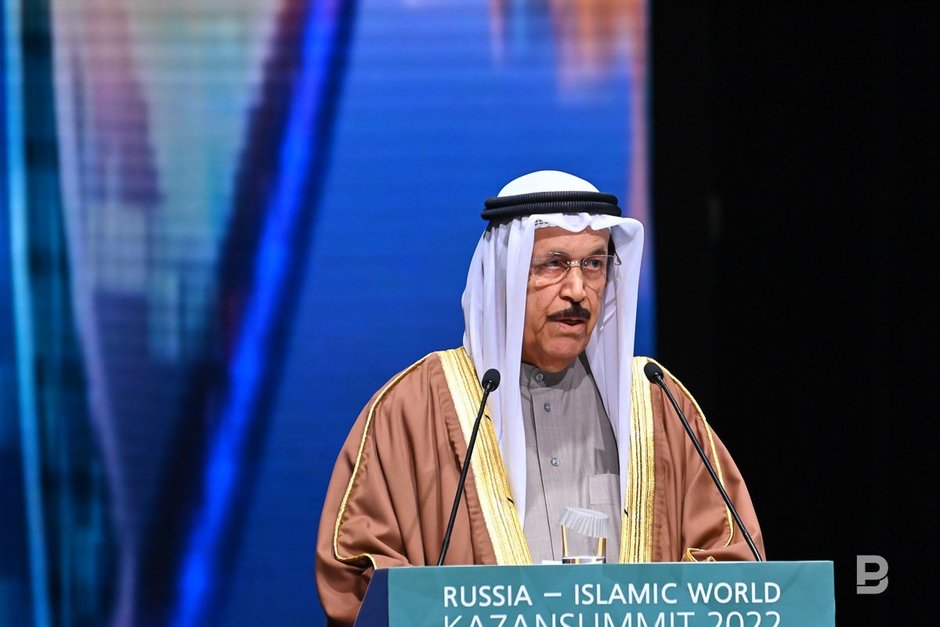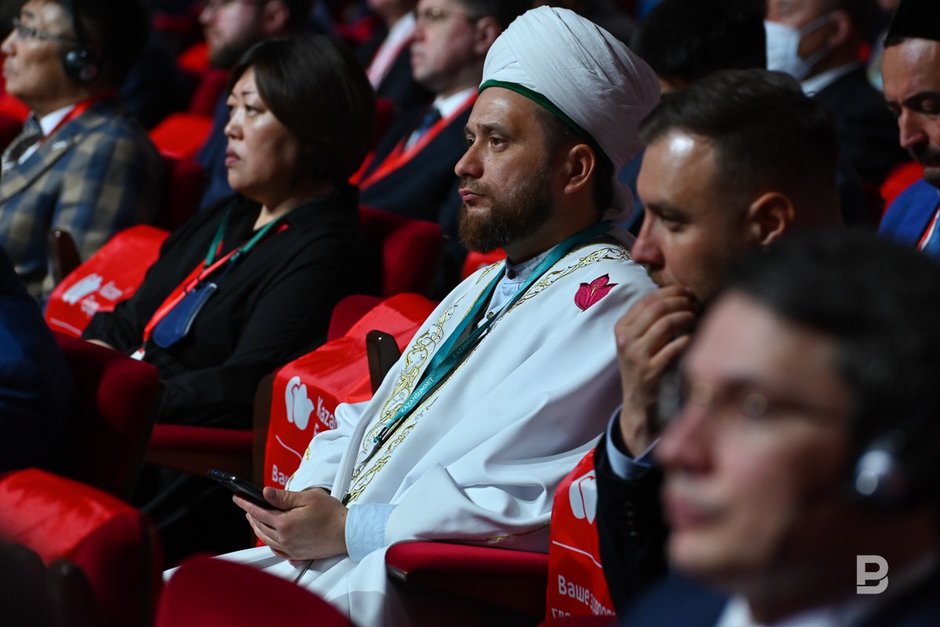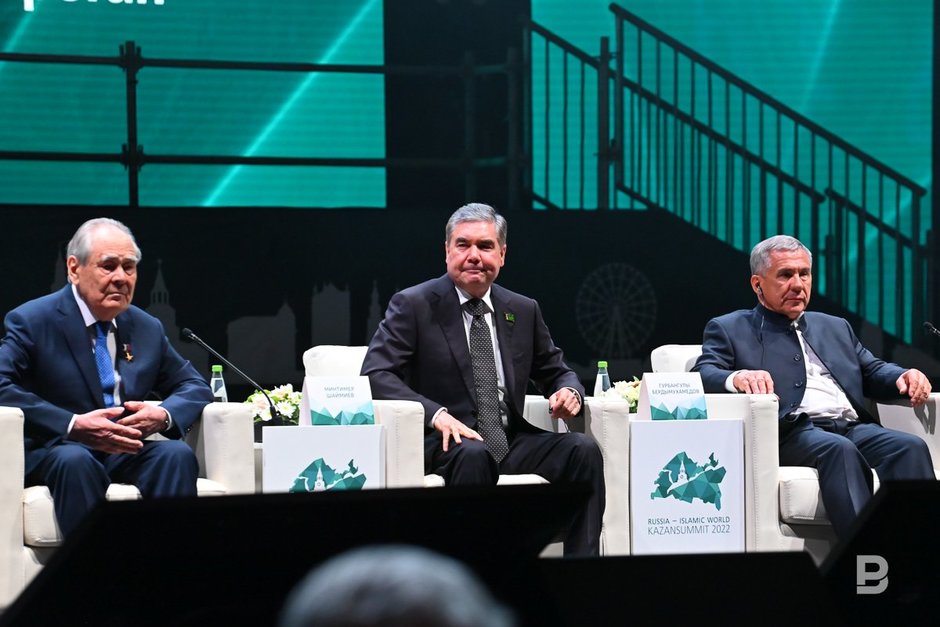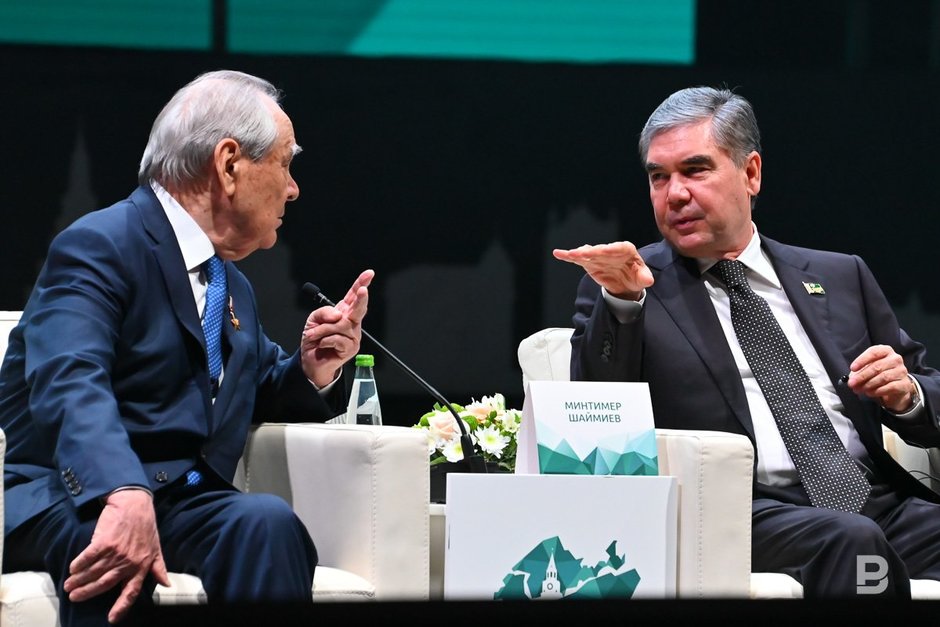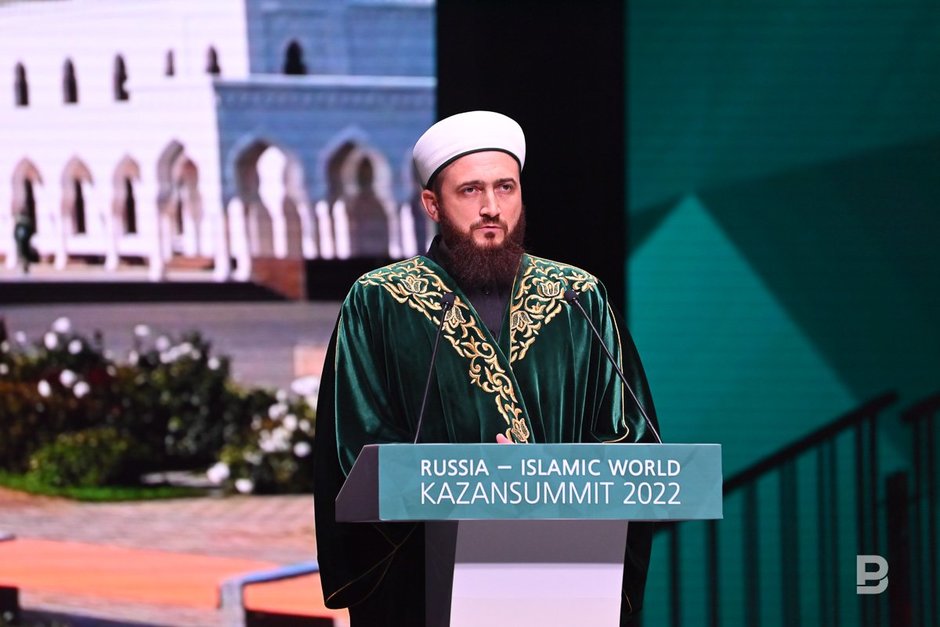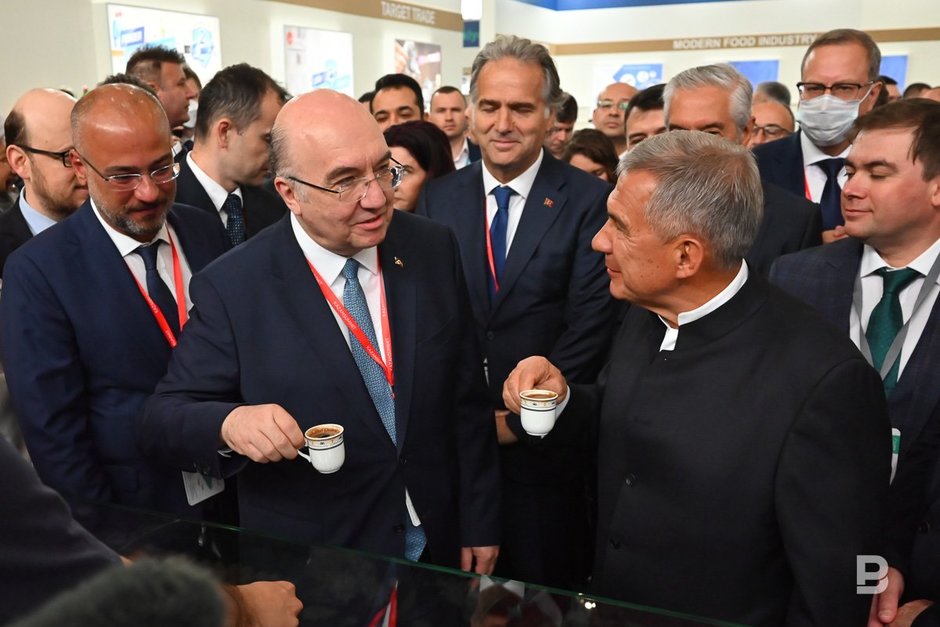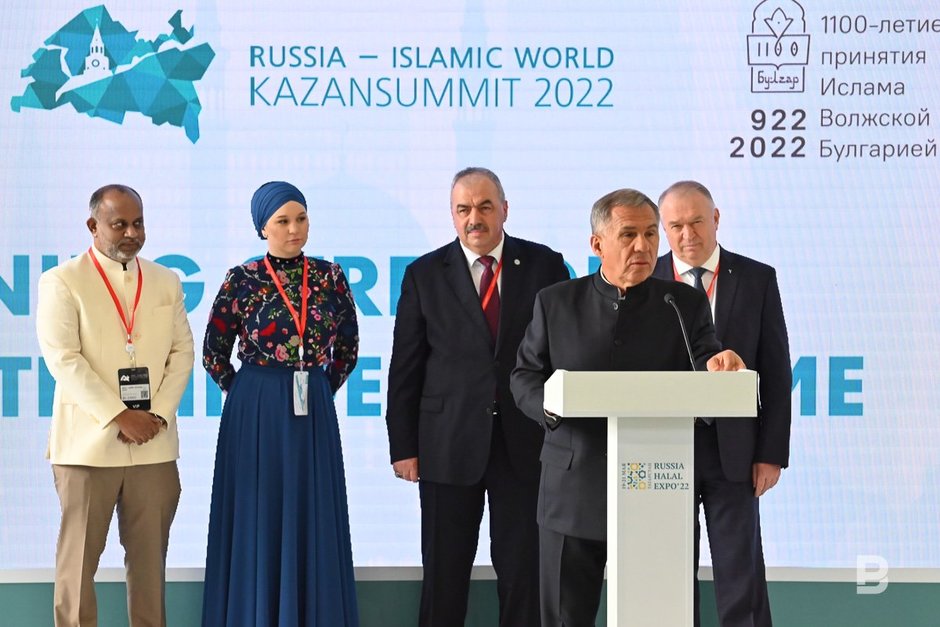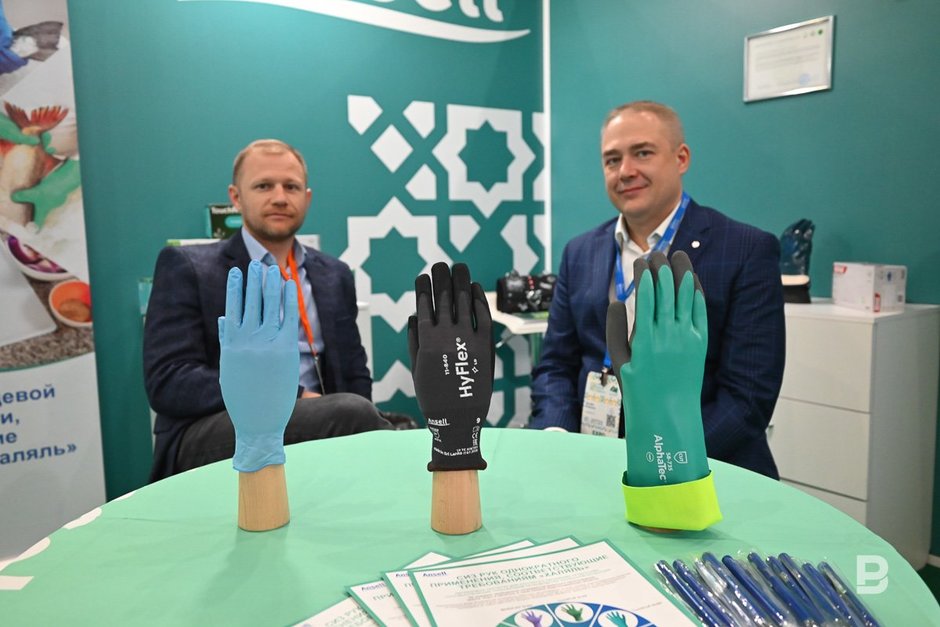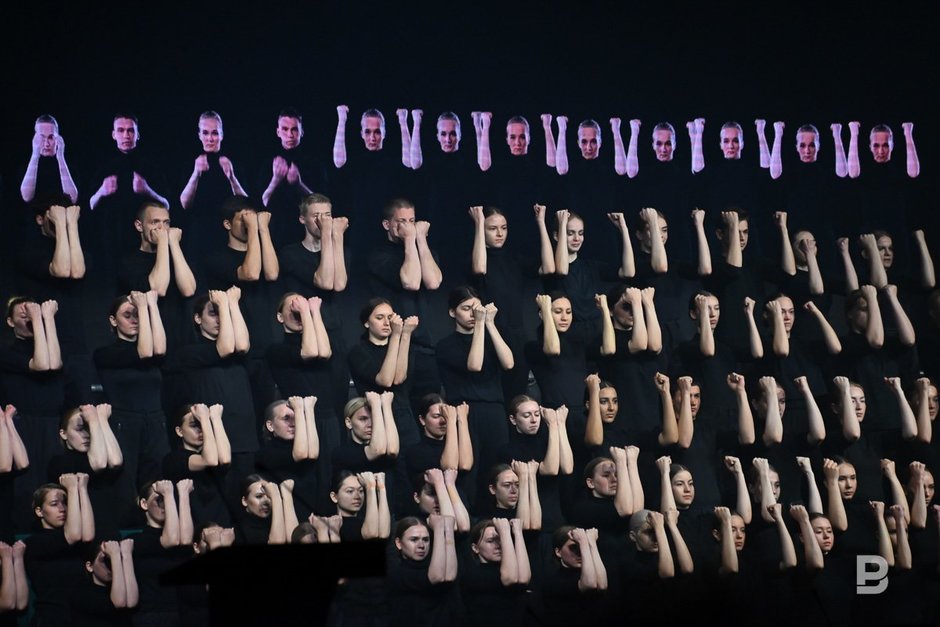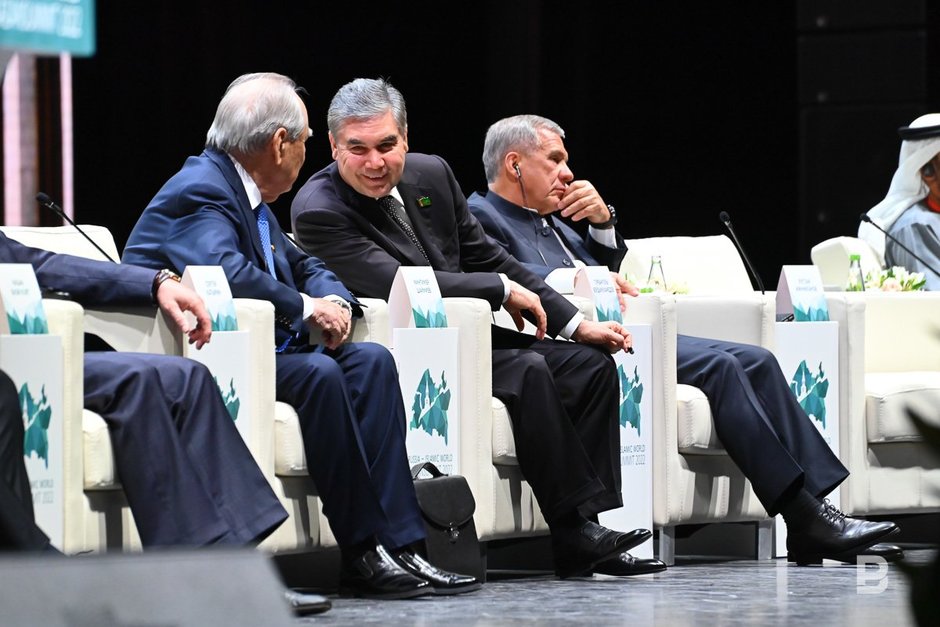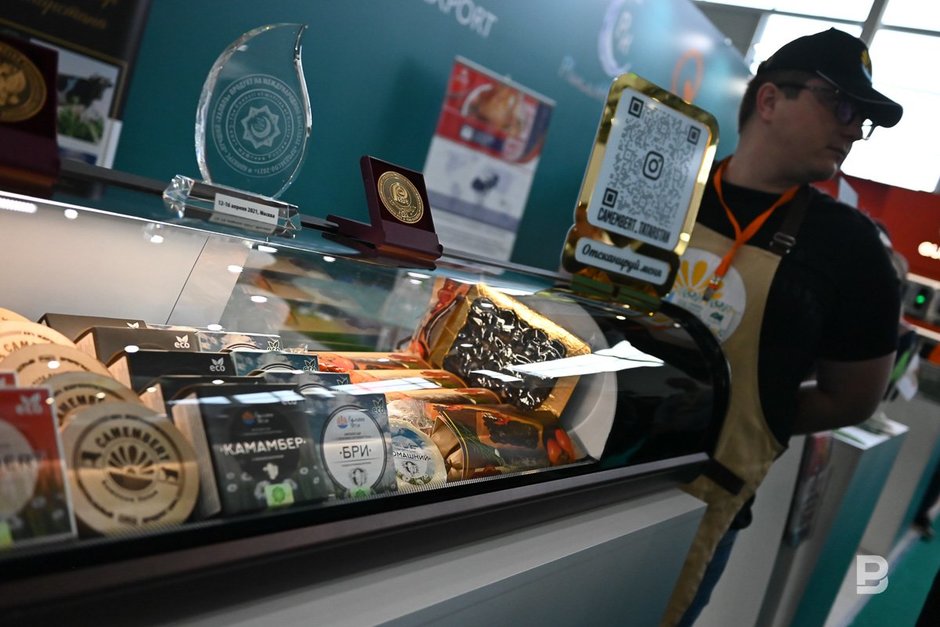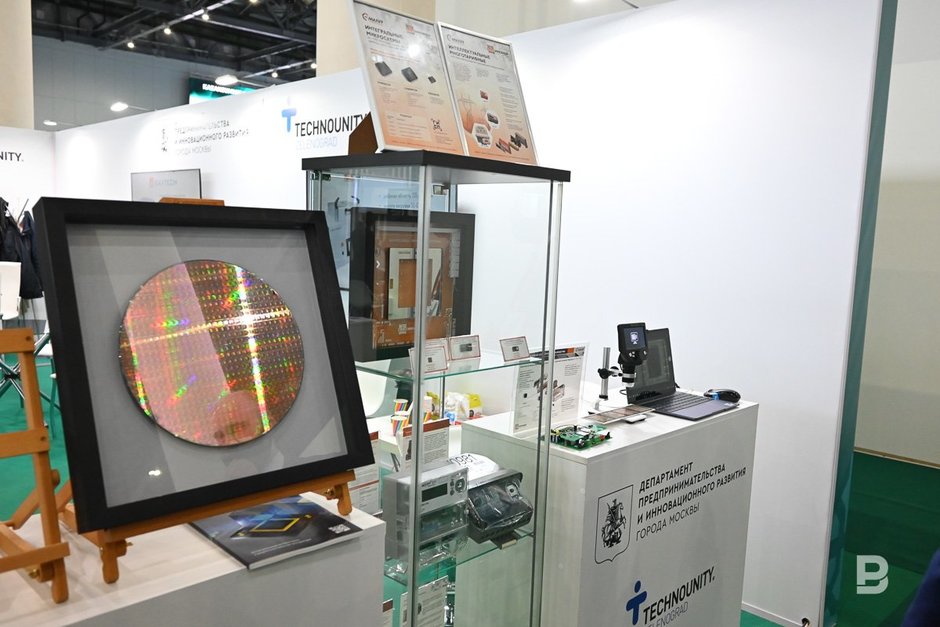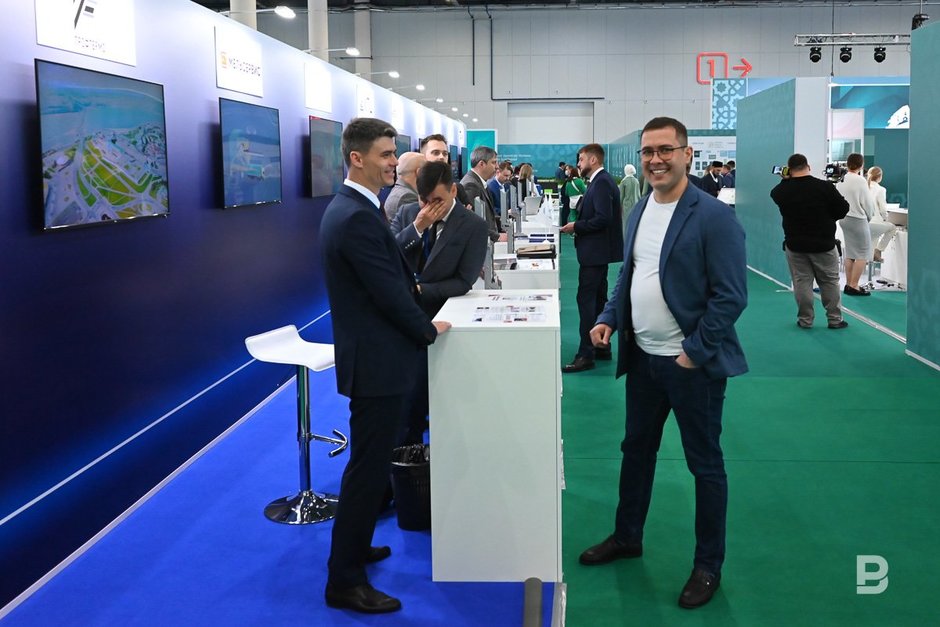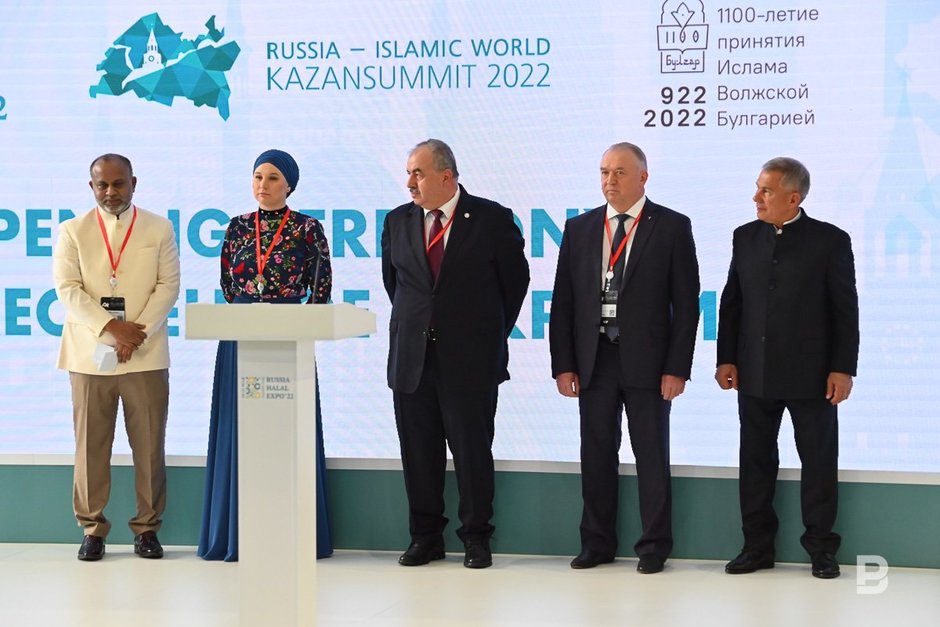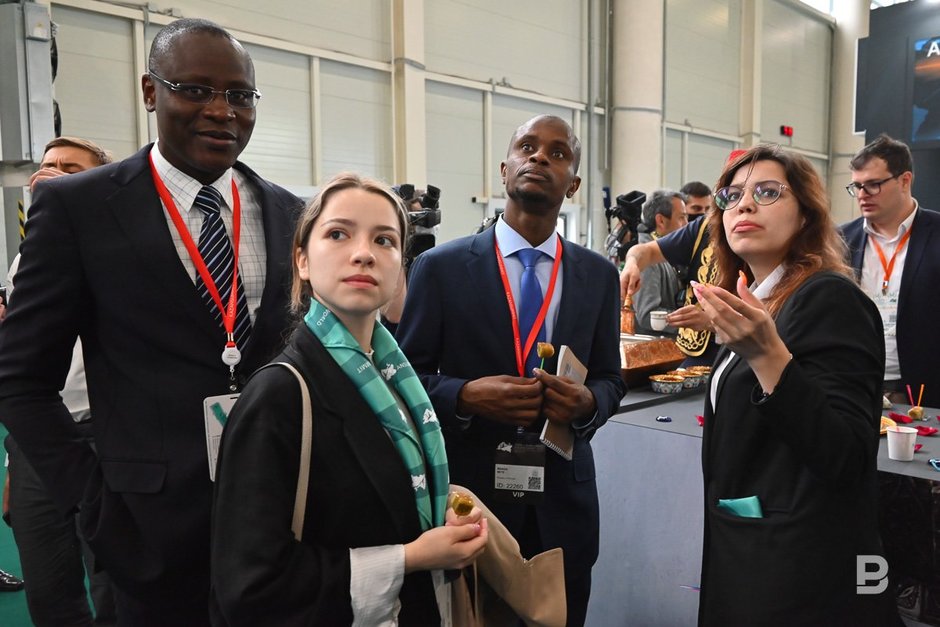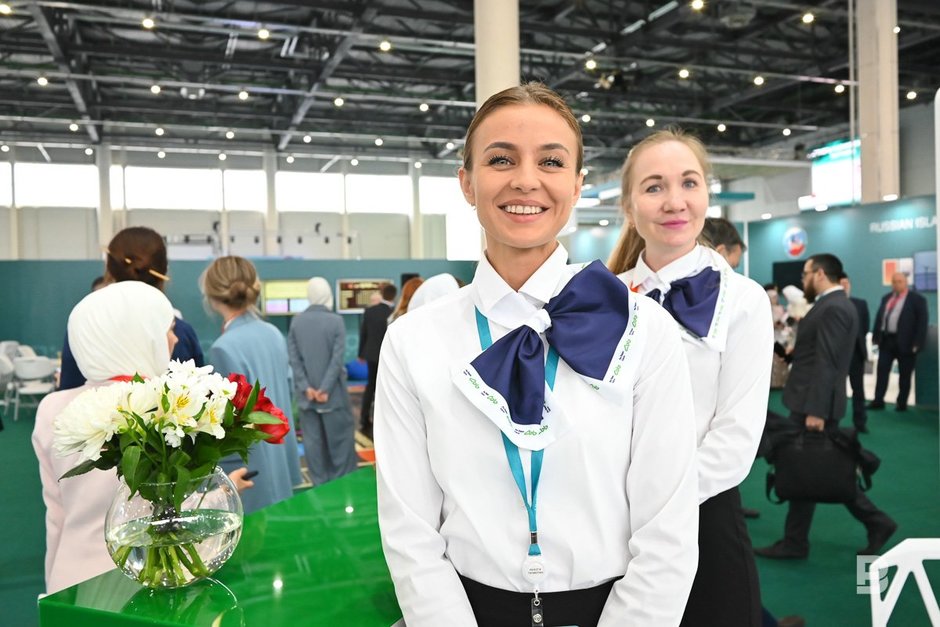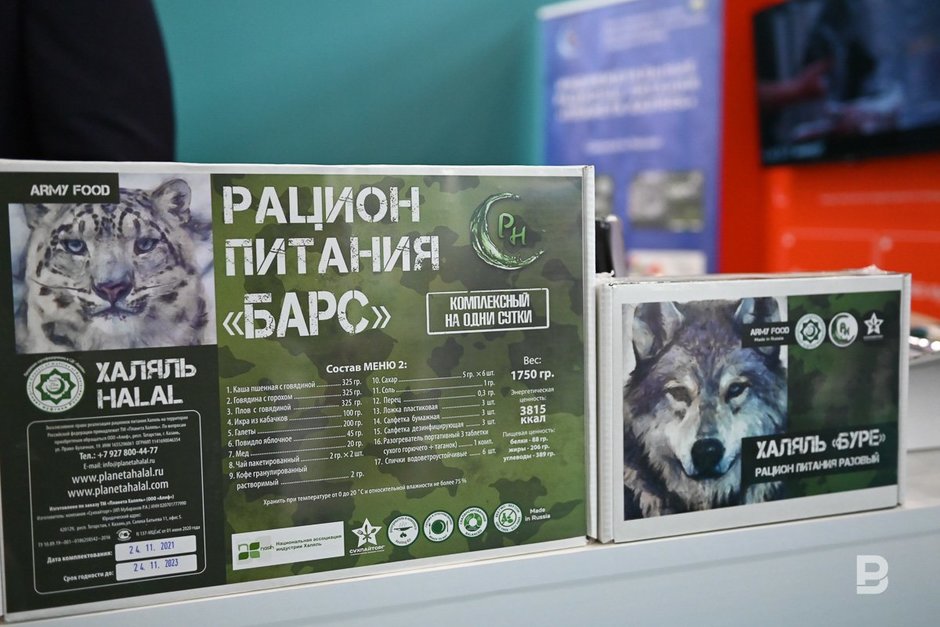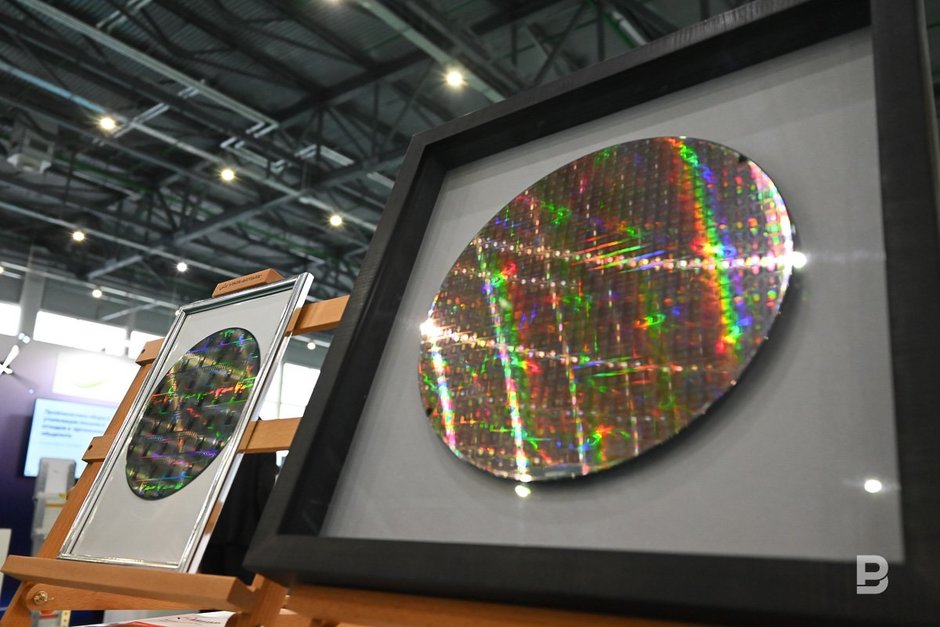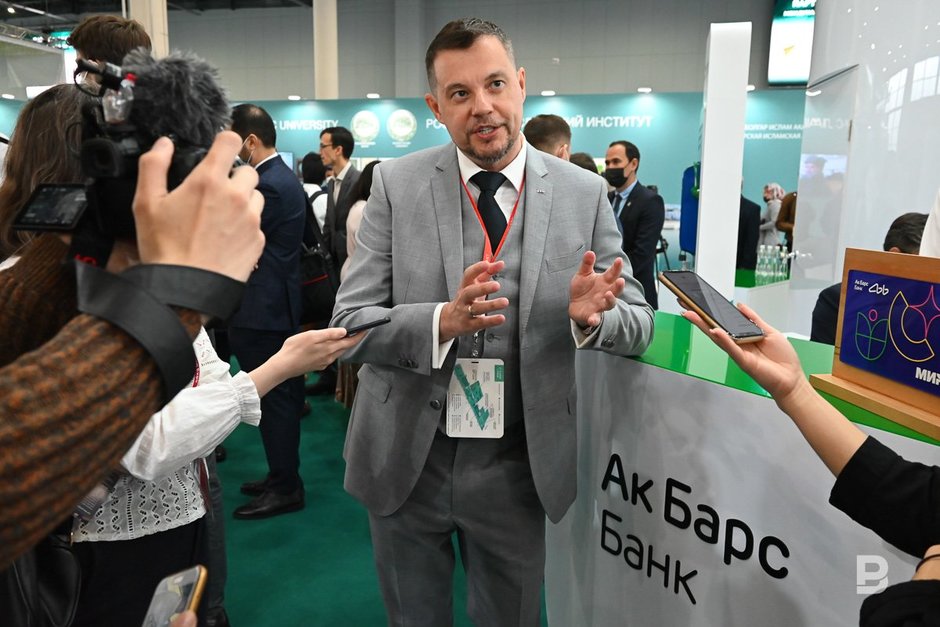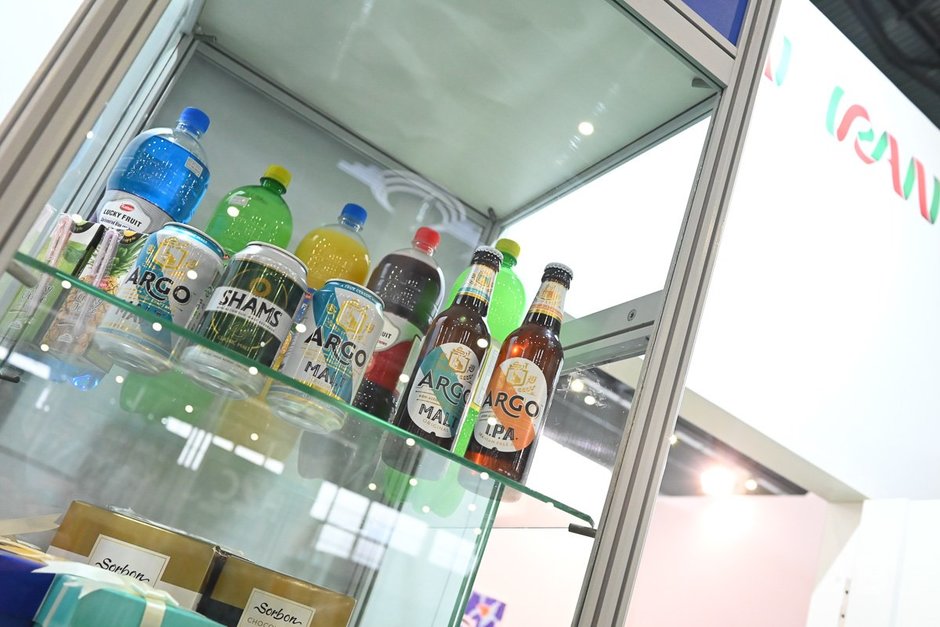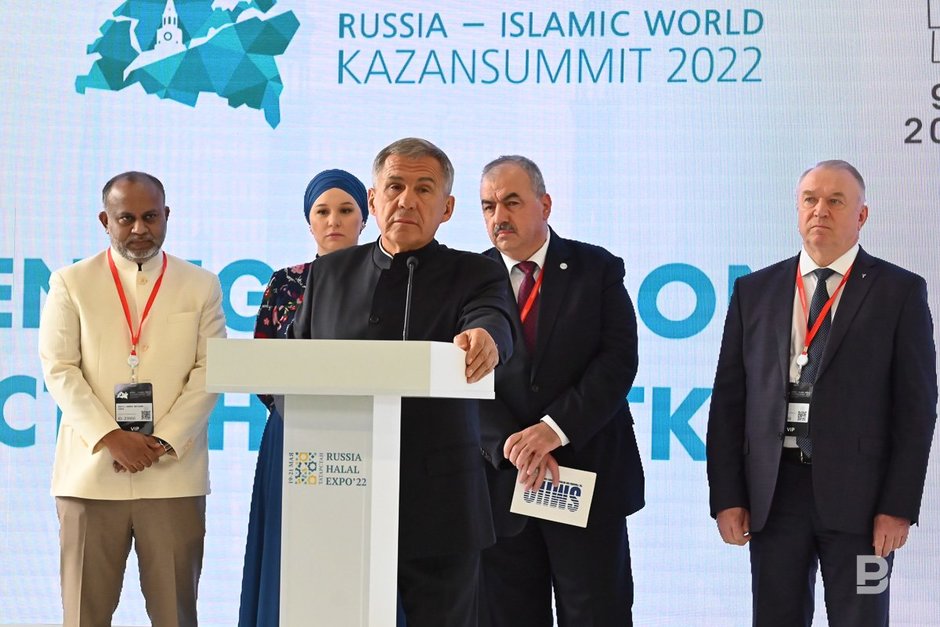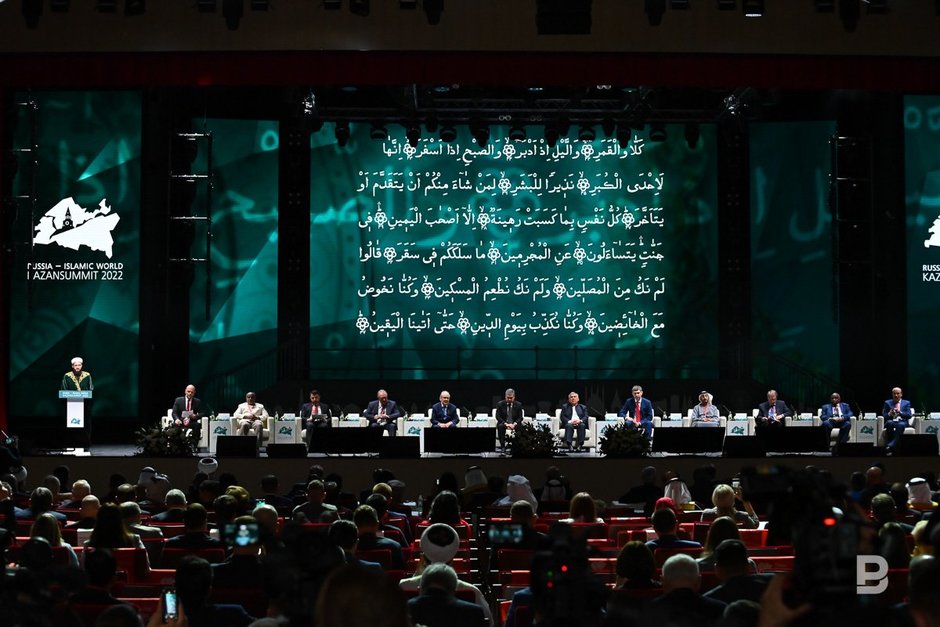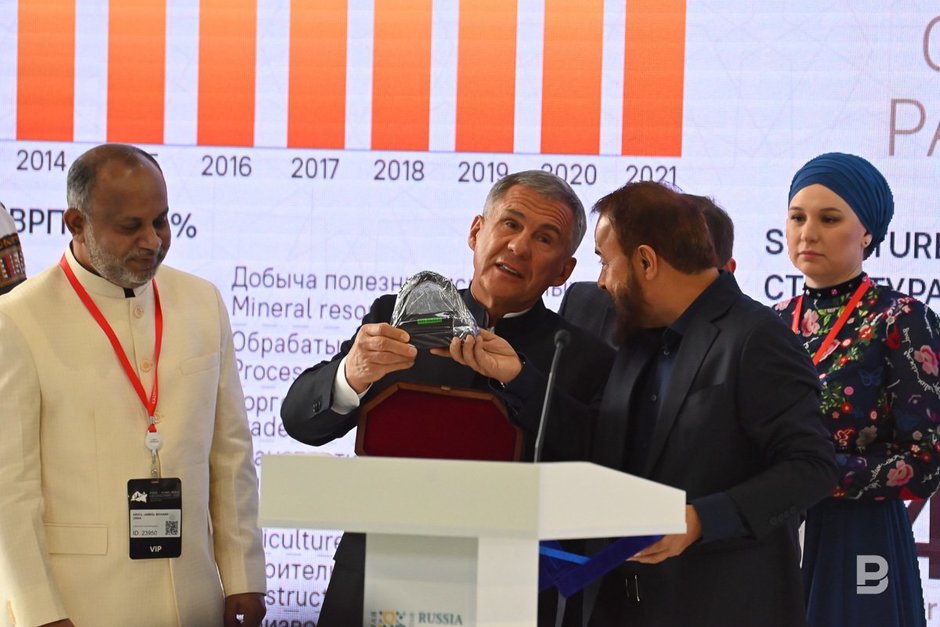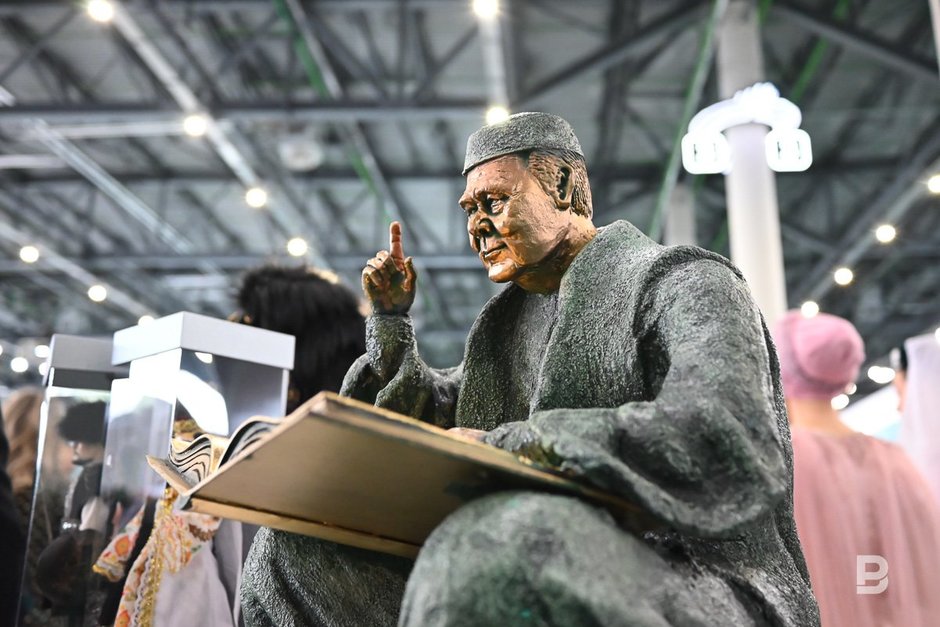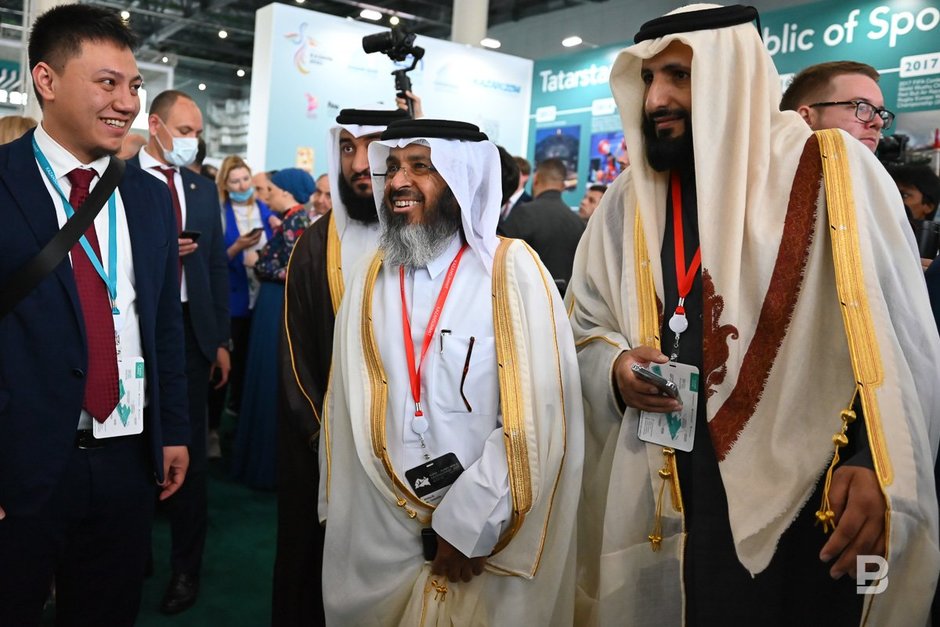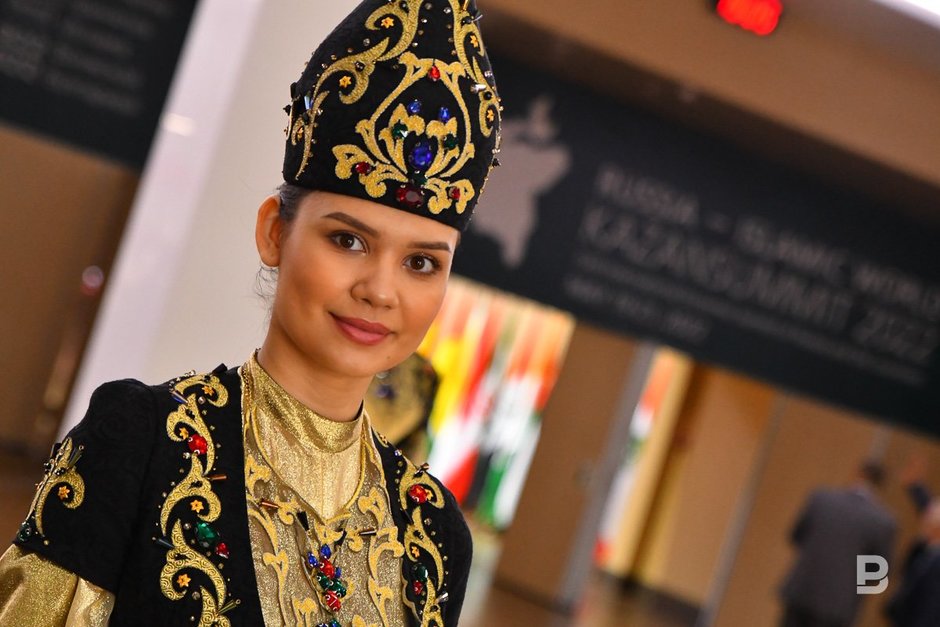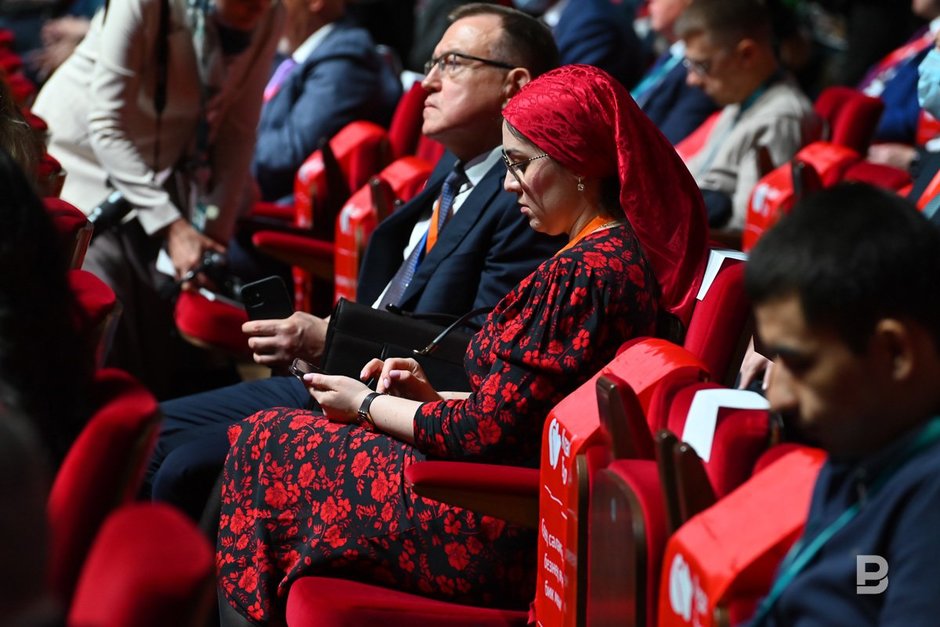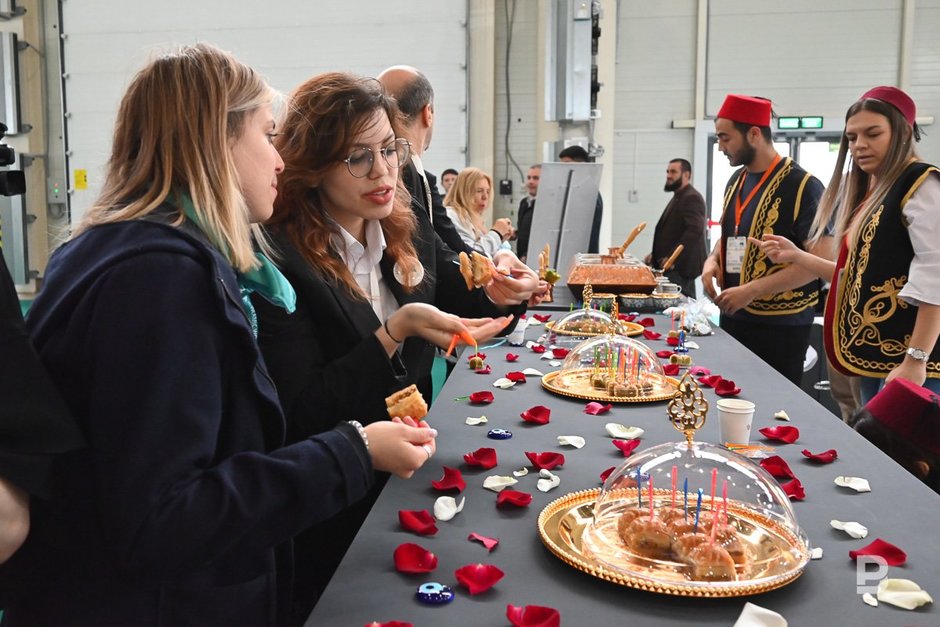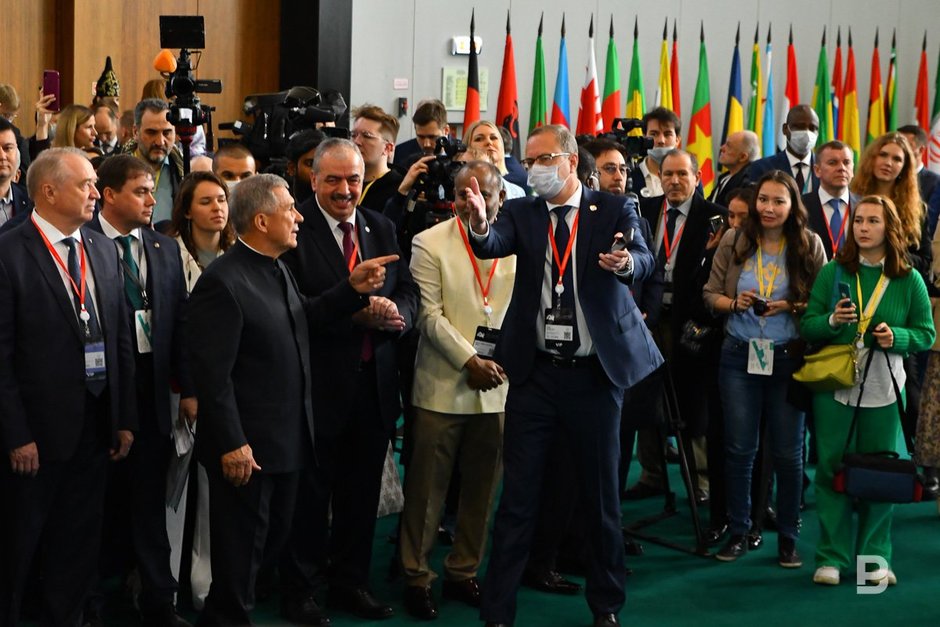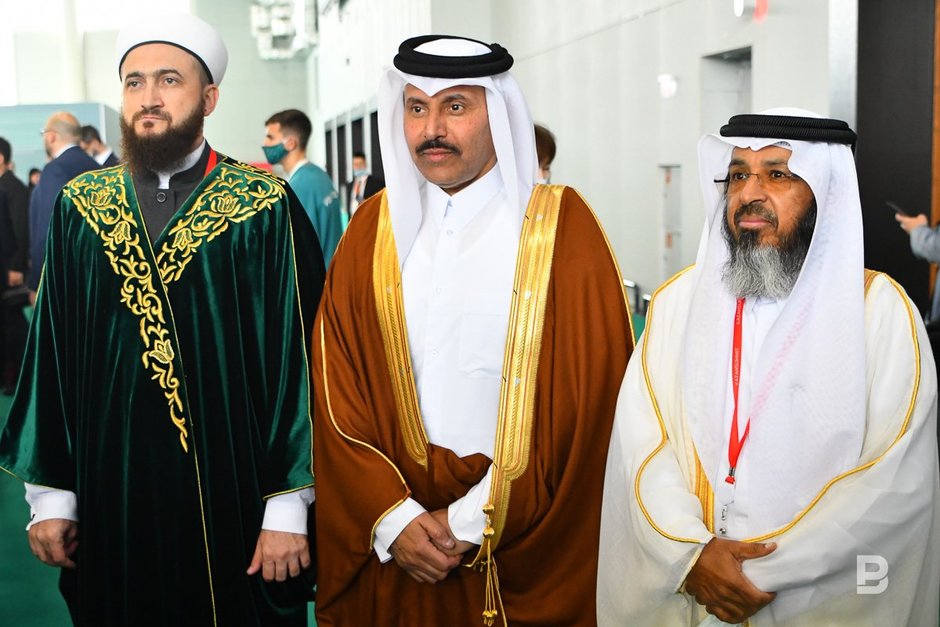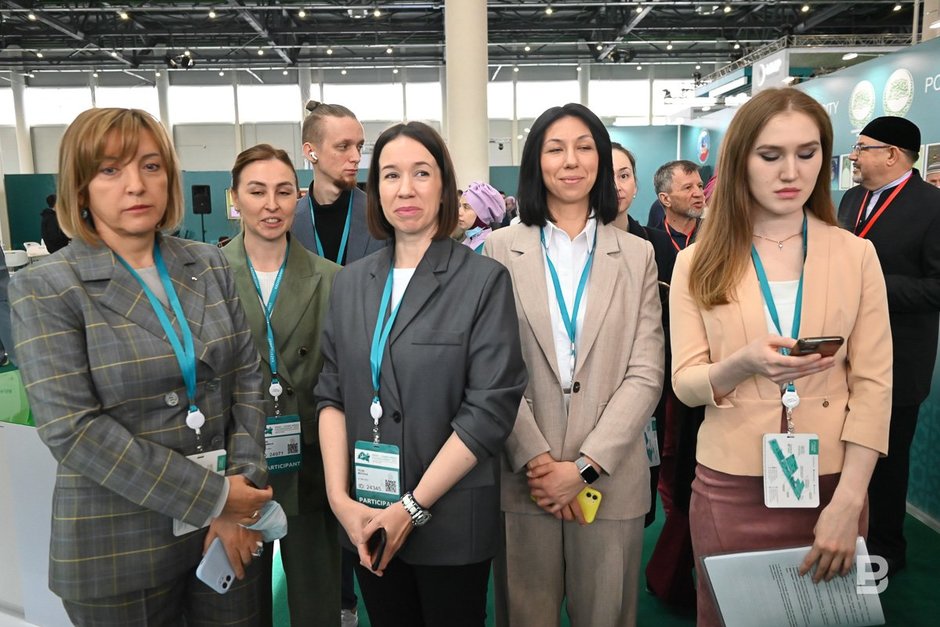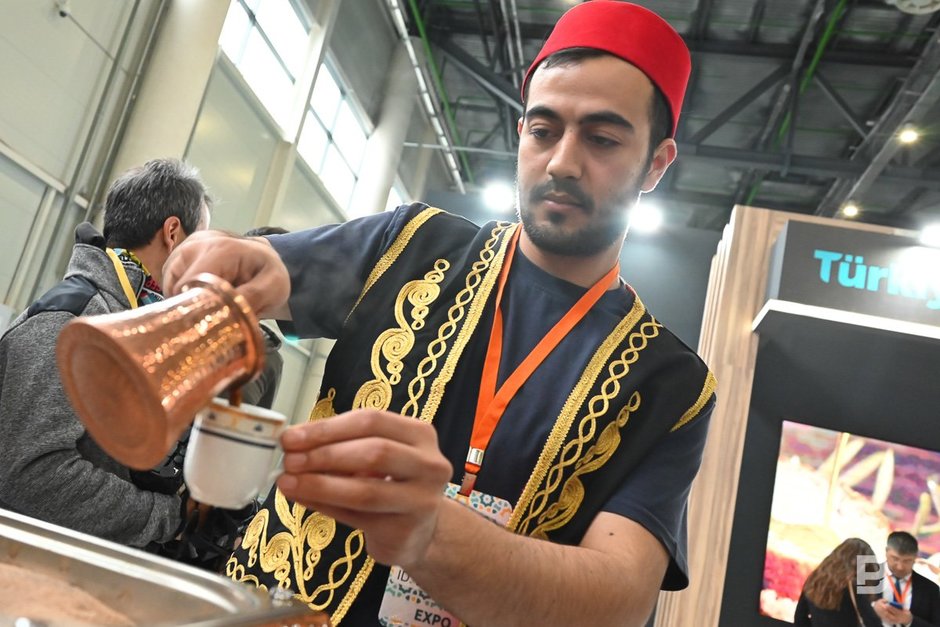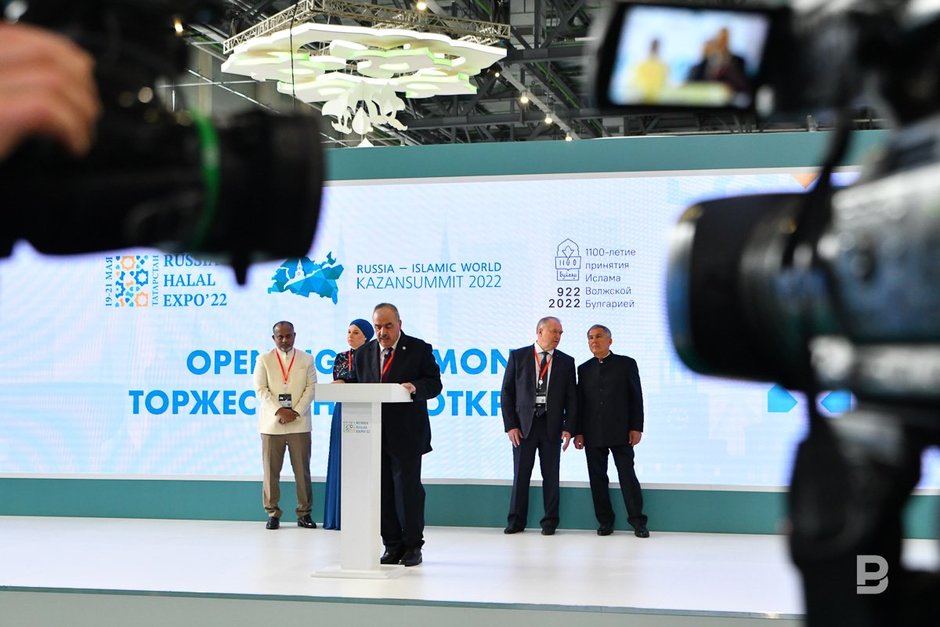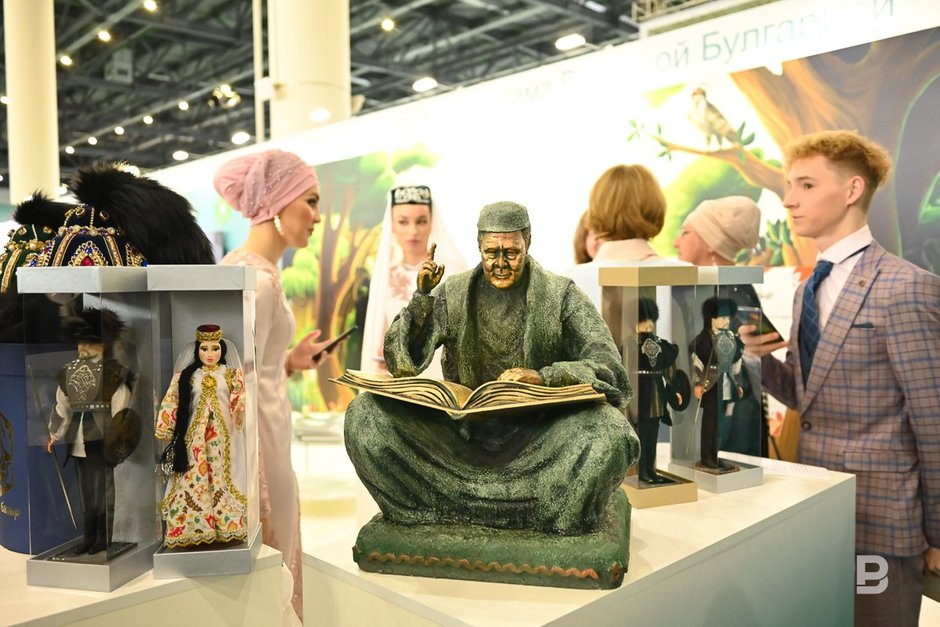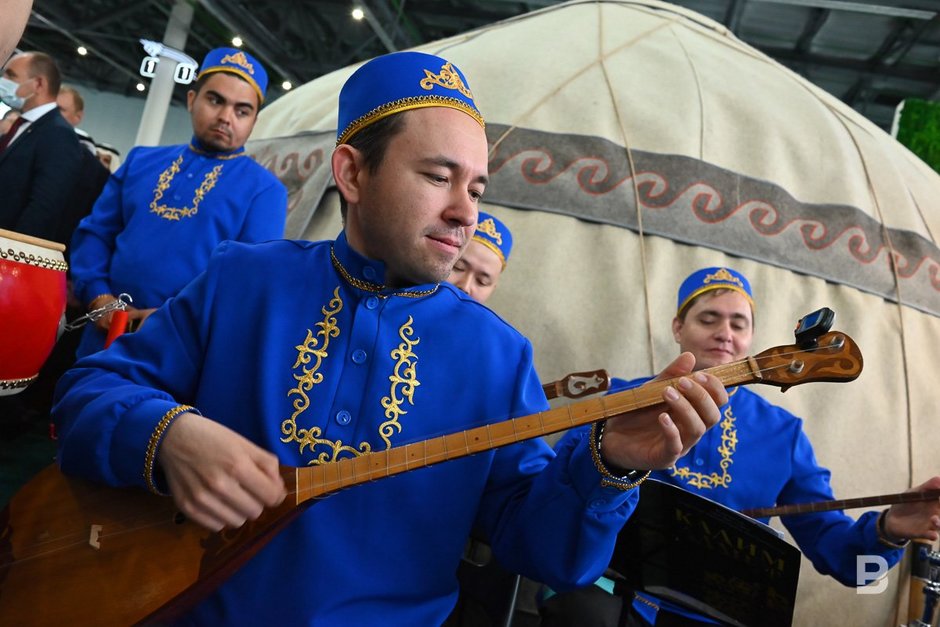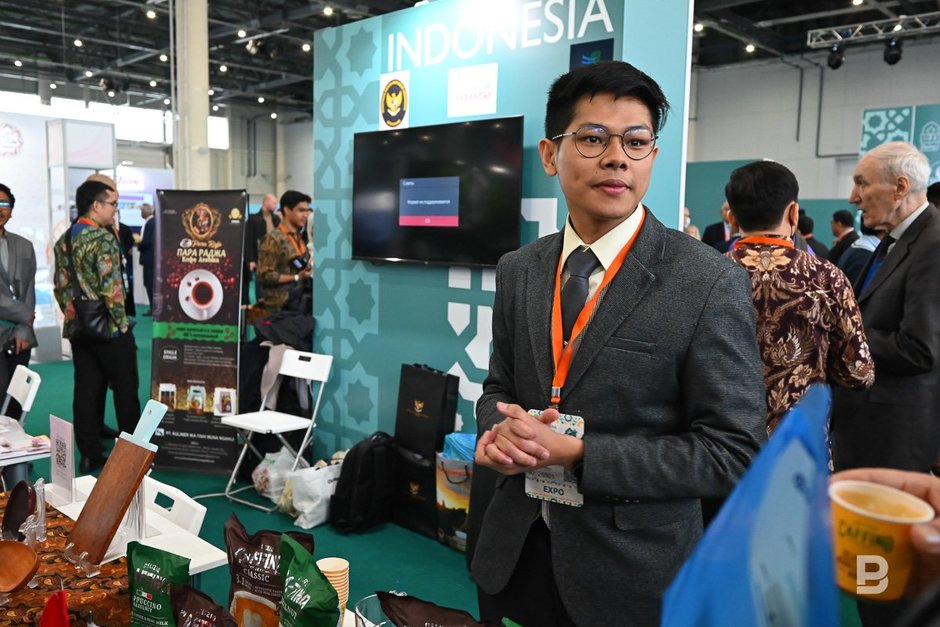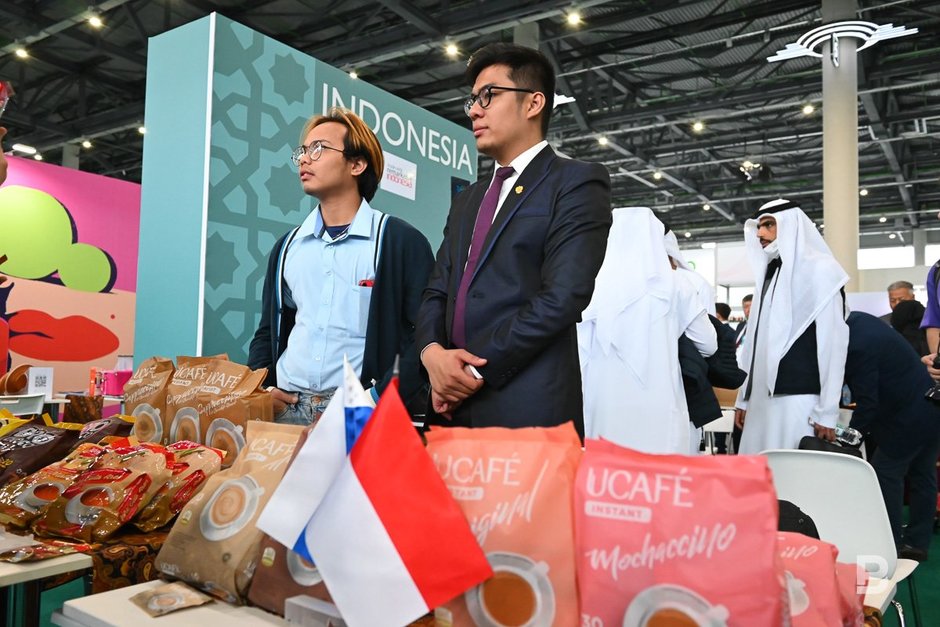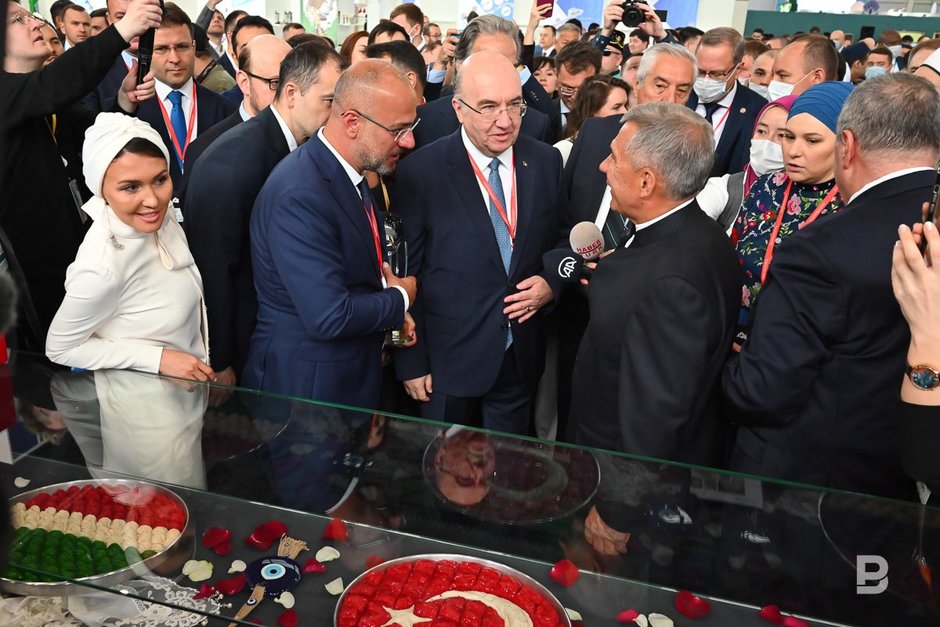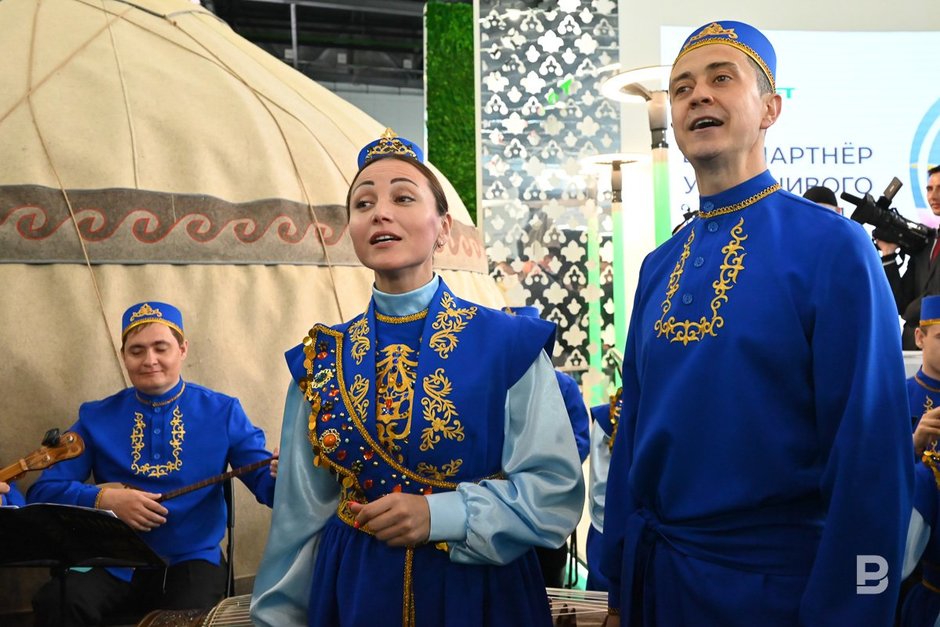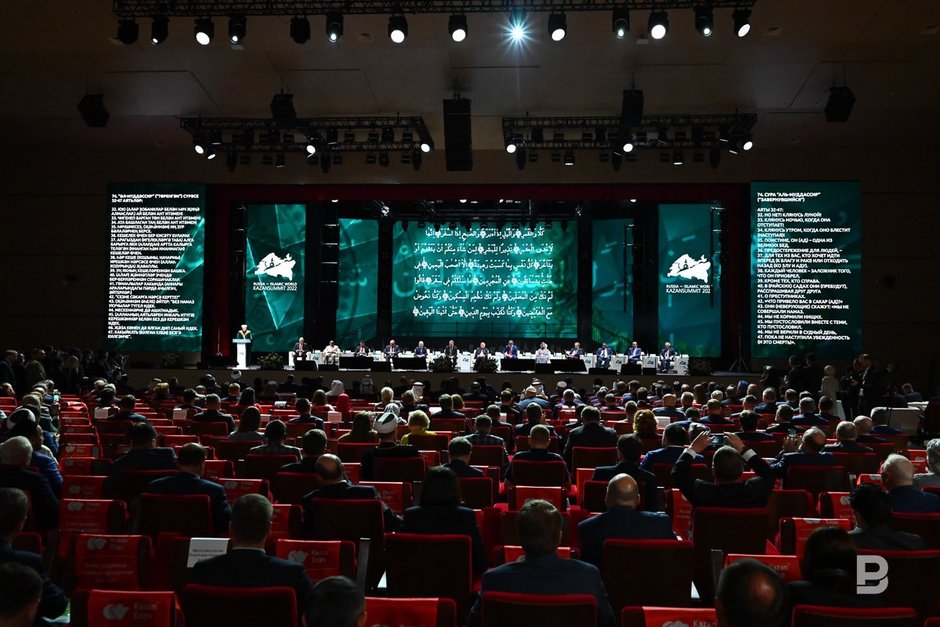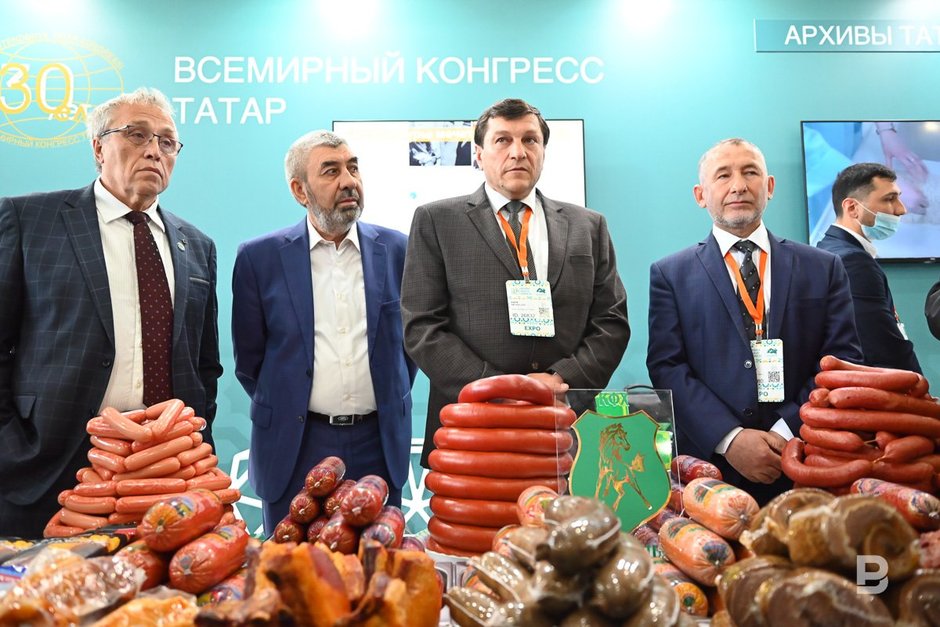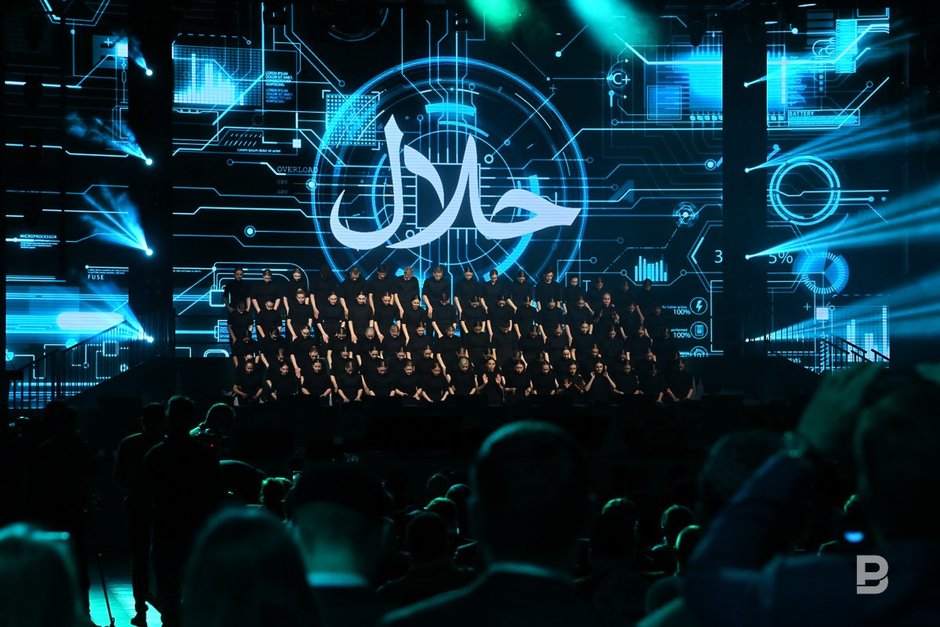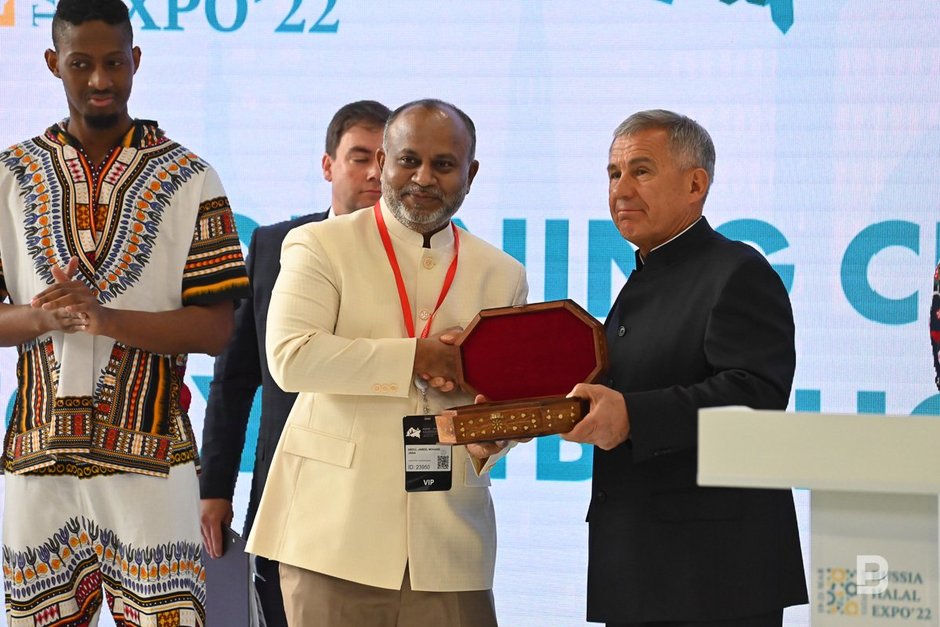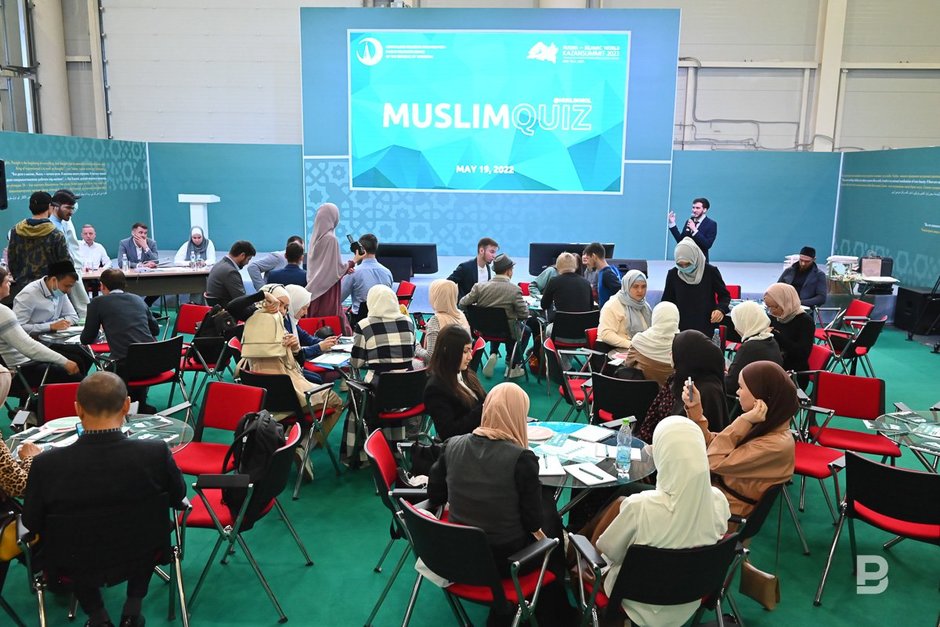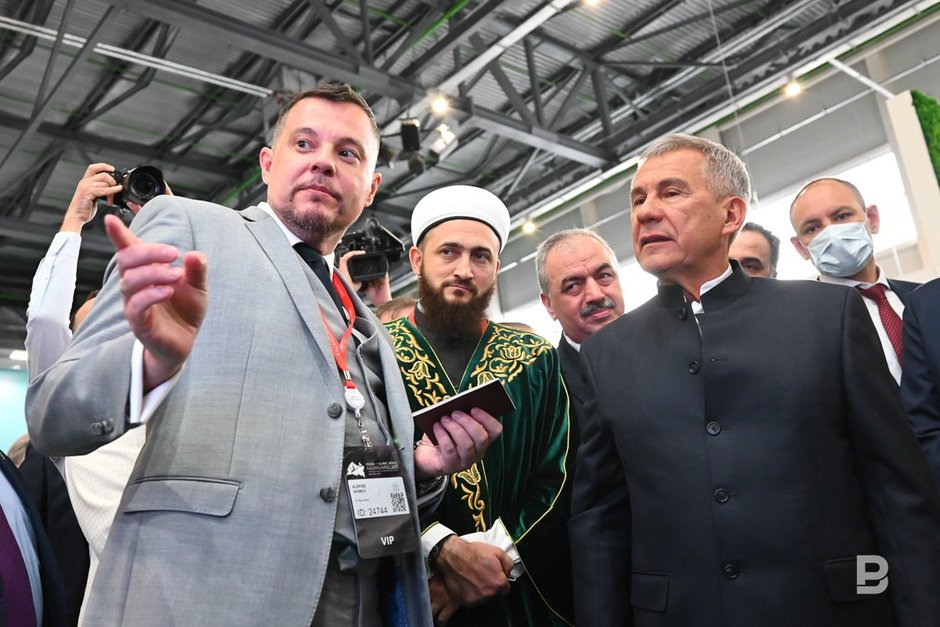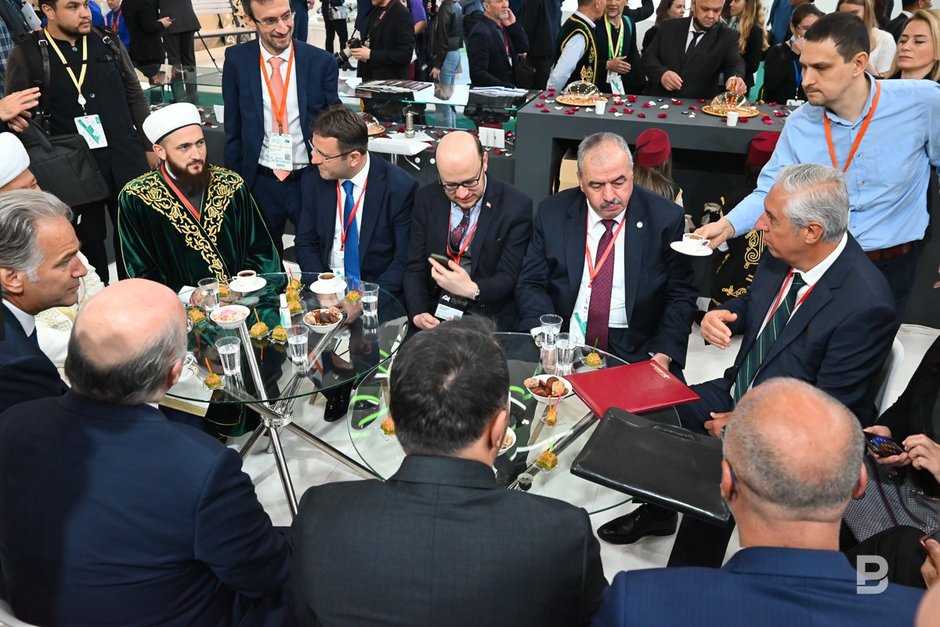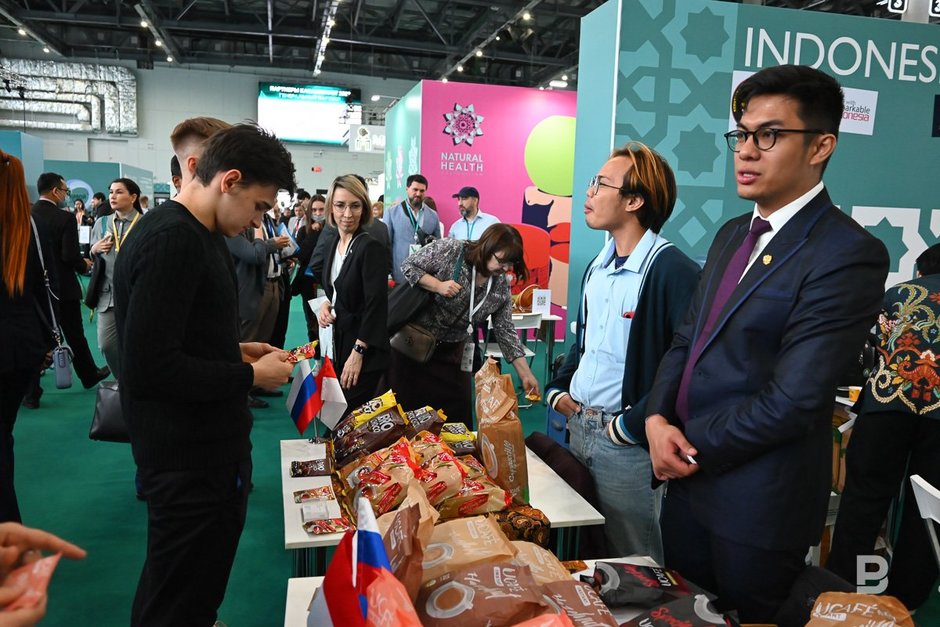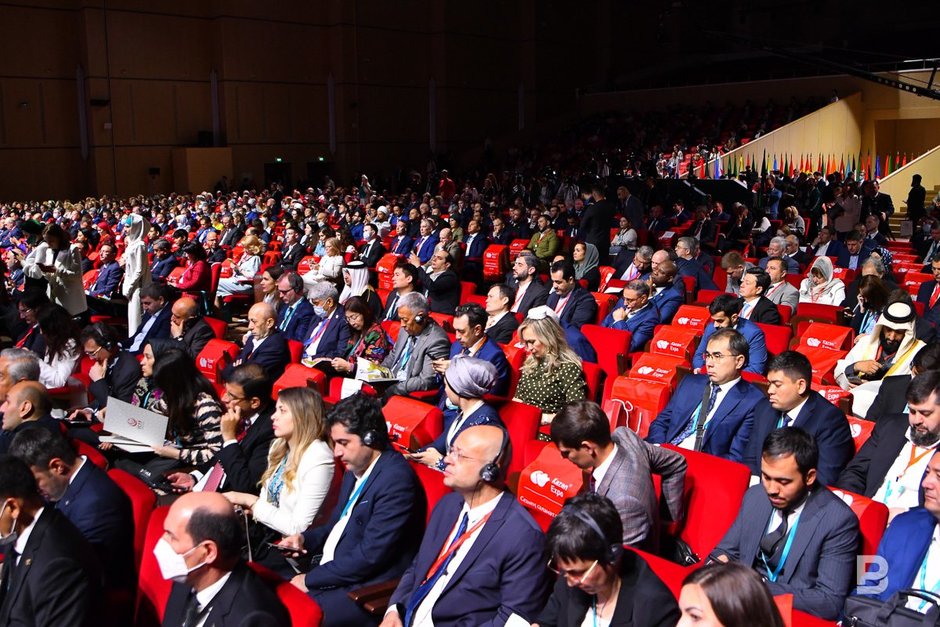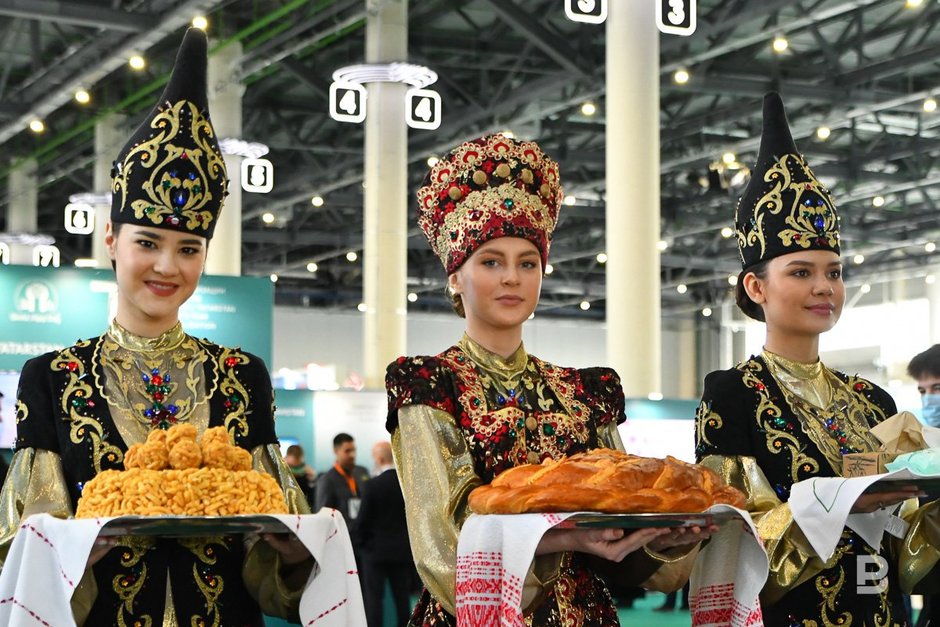KazanSummit 2022 kicks off: why Singapore, Nestle and McDonald’s need halal industry in Tatarstan
Two billion Muslims consume products for $6 trillion but don’t take them to foreign markets. How this can change
The 13th Russia — Islamic World: KazanSummit International Economic Summit opened in Kazan on 19 May. Sharing Economy and The Common Good of Halal are its key theme. The halal sector is becoming more and more attractive, the amount of assets in Islamic countries is estimated at $3,6 trillion, while costs reach $6,5 trillion. The reason is that more Western companies like Nestle or McDonald’s start using these standards to successfully operate in the Islamic world, particularly in Singapore that was put as an example. The Russian Ministry of Economic Development has already offered companies from Islamic countries to occupy the niches that have become vacant because of the exit of Western partners promising a cancellation of tax duties. While Tatarstan wants to create a halal hub to spread such products across Russia. Read more about key proposals and challenges that have been heard at the summit in Kazan in Realnoe Vremya’s report.
Halal business, management and consumption
As it was noted at the plenary session, despite negative factors of the previous years (the coronavirus pandemic and its consequences), commerce between the Islamic world and Tatarstan keeps growing, cultural links get stronger. The role of the Muslim economy, according to the opinion of people who participated in the summit’s plenary session, has grown in recent years, the foundation for qualitative growth has been created. In the last three years, the commodity turnover between the members of the Organisation of Islamic Cooperation and Russia alone has increased by a quarter.
According to the moderator of the session, Editor-in-Chief of Turkey’s TRT World Tusuf Erim, the summit gathered over 5,000 participants from all over the world, the programme itself includes about 100 sessions. He noted that not only food but also a lifestyle and conscious consumption can be halal.
“This means a halal business, halal management, halal consumption.”
Companies from Islamic countries are offered to occupy vacant niches in Russia
According to Russia’s Minister of Economic Development Maxim Reshetnikov, today the world economy has faced new challenges, food and energy problems, disruption of supply chains, a risk of inflation in the biggest economies. He expressed an opinion that the sanctions against Russia “destroy the whole world economy and commerce worsening people’s lives in many countries of the world.” Whereas “Russia’s domestic market has learnt to adapt to changing circumstances” with the first sanctions imposed as early as 2014.
“We see big prospects of cooperation with Islamic countries. The role of Muslim countries in the modern world is growing. The amount of assets in Muslim countries is already assessed at $3,6 trillion,” he claimed.
Reshetnikov says that the foundation for good mutual economic cooperation between Russia and the Islamic world has already been created: in the last three years, the commodity turnover between Russia and OIC countries has increased by a quarter. He offered Islamic countries to develop, first of all, North — South large logistic transport corridor, which is due to intensify foreign trade cooperation with Caspian and Persian Gulf countries. In particular, in the agricultural sector. Nowadays Russia develops this project with Azerbaijan, Uzbekistan and Kazakhstan. It is planned to cooperate with Turkmenistan.
“Another example of new possibilities: niches are becoming vacant in the Russian market [due to the exit of Western companies because of the sanctions] that can be occupied by imports from Islamic countries. Moreover, today we have set course for lifting restrictions on imports. With partners in the Eurasian Economic Union, we have freed over 1,300 commodities from export duties. It is 15% of our imports. We simplified control on the border. We are lifting transport and logistic barriers,” noted Reshetnikov.
At the moment, Russia develops active cooperation only with a number of countries of Central Asia: Kazakhstan, Kyrgyzstan, Tajikistan, Uzbekistan, Turkmenistan. There are long-term partners from the Near East: Turkey, Egypt and the UAE. And products of the Agro-Industrial Complex, particularly grains (last year Russia became its largest exporter by shipping 30 million tonnes in 100 countries of the world, mostly to Turkey and Egypt) are the main export commodity of the Russian economy.
Turnover between Russia and UAE rose by 85%
Russian companies supply halal products to Saudi Arabia, the UAE, Oman and Egypt. It is planned to promote halal exports to Southeast Asia, the Near East and Africa.
For this purpose, a unified national halal certification system is developed and it is planned to create halal food hubs in same Saudi Arabia and the UAE, Malaysia and Singapore. Abdullah Al Saleh, vice economy minister of UAE for foreign trade and industry, partly confirmed the active cooperation between the two countries. So an agreement on integrated cooperation was signed in 2018. The turnover in 2021 reached $4,5 billion (85% growth in 2020). According to Sergey Gorkov, board chairman of Rosgeology JSC, it is 20% of the entire turnover with other Islamic countries.
How Nestle and other Western companies launch halal products
At the same time, Mr Al Saleh said, expenses on the halal sector around the world already total $6,5 trillion rubles. This, in turn, means opportunities for companies, investors and from non-Muslim countries that are making a big part of investments in this sector.
For instance, Nestle, one of the world’s largest food company. It has specialised halal products it uses as access to a bigger number of consumers. And this refers not to products but also fashion. One can always find halal products in MARKS & SPENCER stores, the speaker claimed and noted that people of any religion, not necessarily Muslims, can make and consume halal products.
Launch of unified halal standard isn’t necessary, an expert say
There are problems too: standardisation and certification of halal products depending on the country. According to President of Russia’s Chamber of Industry and Commerce Sergey Katyrin, our country has a centre in the Russian Muslim Religious Directorate, but this isn’t enough. Also, talking about Islamic countries, there are “Shia and Sunnis,” with different approaches to halal standards.
Many financial and banking products, he notes, aren’t permitted in halal finance: for instance, financing of derivatives, alcohol and weapon sale. For Russia’s economy, the same Islamic banking is important even because direct financial investments (which are mutual) have increased precisely with Islamic countries in the last 10 years. Mohamed Jinna, chairman of United World Halal Development, disagreed with him. He paid attention to the fact that without unified standards the halal industry grows by 18-20% a year in the world, this growth didn’t stop even during the pandemic:
He says we have been talking about products, meat and other products, how to correctly organise it. But he tells us not to worry, adopt the standards that are close for our country and work. Nothing more has to be done. The market is $6 trillion. This is what Muslim countries can do now. There are more than 2 billion Muslims, they all are consumers and consume goods for $6 trillion but don’t take the same amount of goods to the foreign market.
Why Singapore is an example of halal industry
The speaker put an example of Singapore that 22 million people annually visit and explained the “magic of successful tourism” in branding like Pizza Hut or McDonald’s whose products in Singapore are made according to hundred per cent halal standards. So Jinna said the halal standard wasn’t religious but a standard of “food safety.” He adds that tourists know that the food is clean and was checked, it was safe. During the pandemic in 2020, Singapore presented the first halal cruise, everything was certified as halal.
Mohamed Jinna also offered Islamic countries to use Tatarstan to create a halal hub to reach out to all producers to get access to local logistic chains. Moreover, Tatarstan is already “a significant player of the Muslim and non-Muslim world” and the republic has staff to make not only halal products in the food sector. The expert sees promising areas in medicine, particularly in halal vaccines. All diabetics of the world needs insulin, but this medicine can be made not from halal feedstock.
He claimed that it isn’t necessary to make products for Muslims only in Tatarstan. Mr Jinna considers that they should start creating the halal hub in this republic.
Concluding his speech, Tatarstan President and at the same time Chairman of the Russia — Islamic World Strategic Vision Group Rustam Minnikhanov, in turn, admitted that different challenges of the recent years couldn’t help but have a negative impact on the Islamic economy, noted that the production and consumption of halal products are anyway forecasted to grow. He considers the reason is that halal is a quality standard and seal.
“A halal lifestyle is in harmony with the modern behaviour of people who prefer safer food and socially responsible production. More than 100 enterprises make halal goods in Tatarstan, more than 20 companies work for exports. Halal clinics already receive clients. Sharing economy is a new global trend,” the president concluded.
